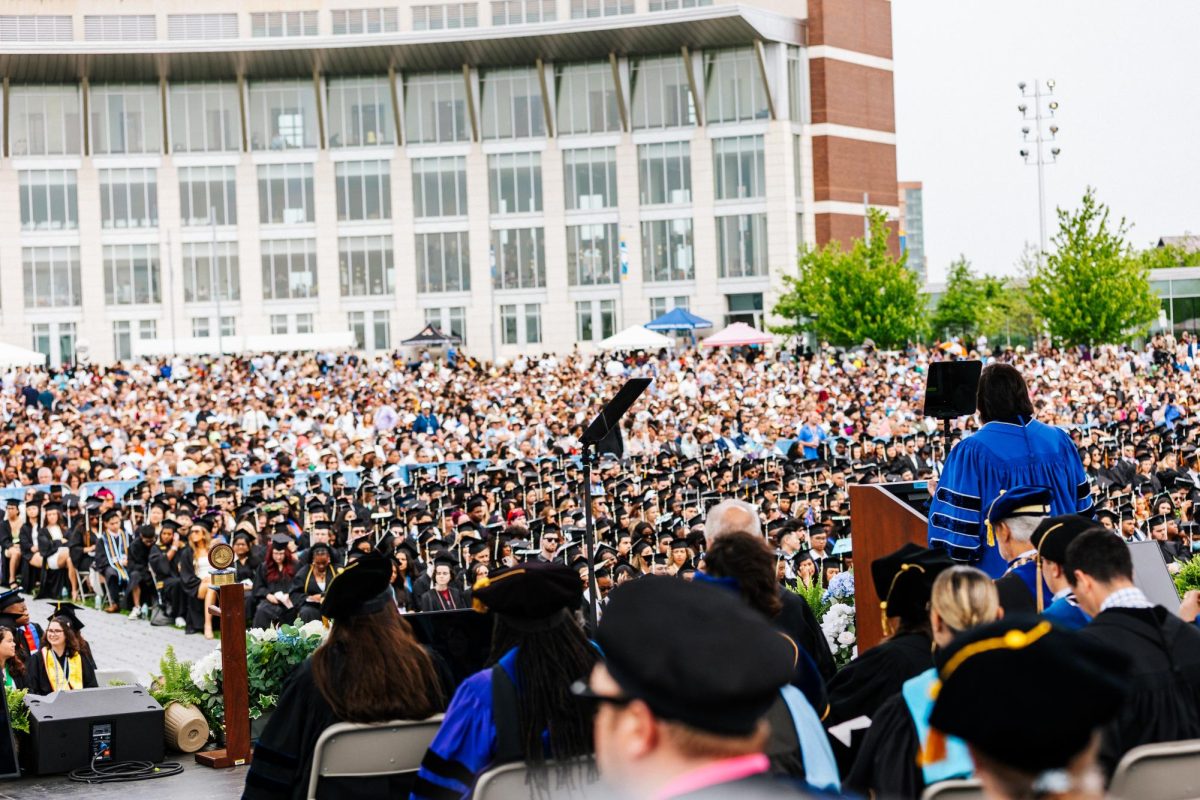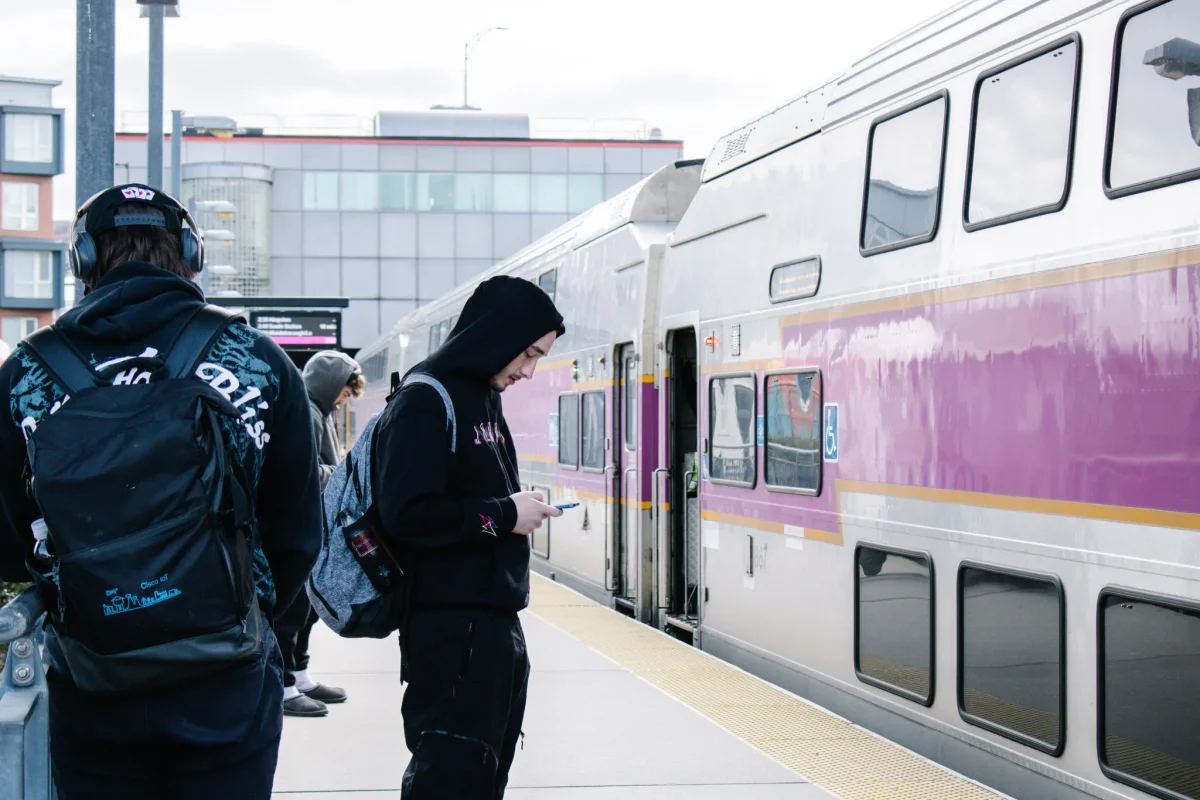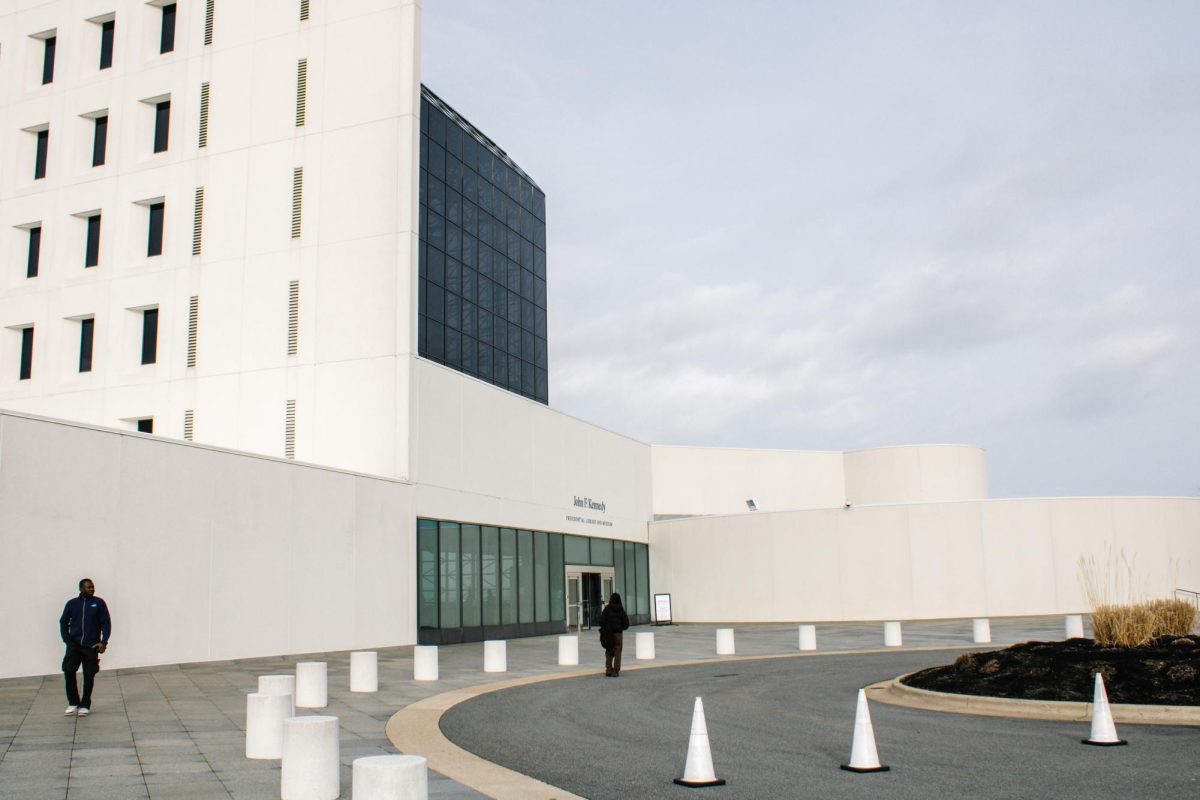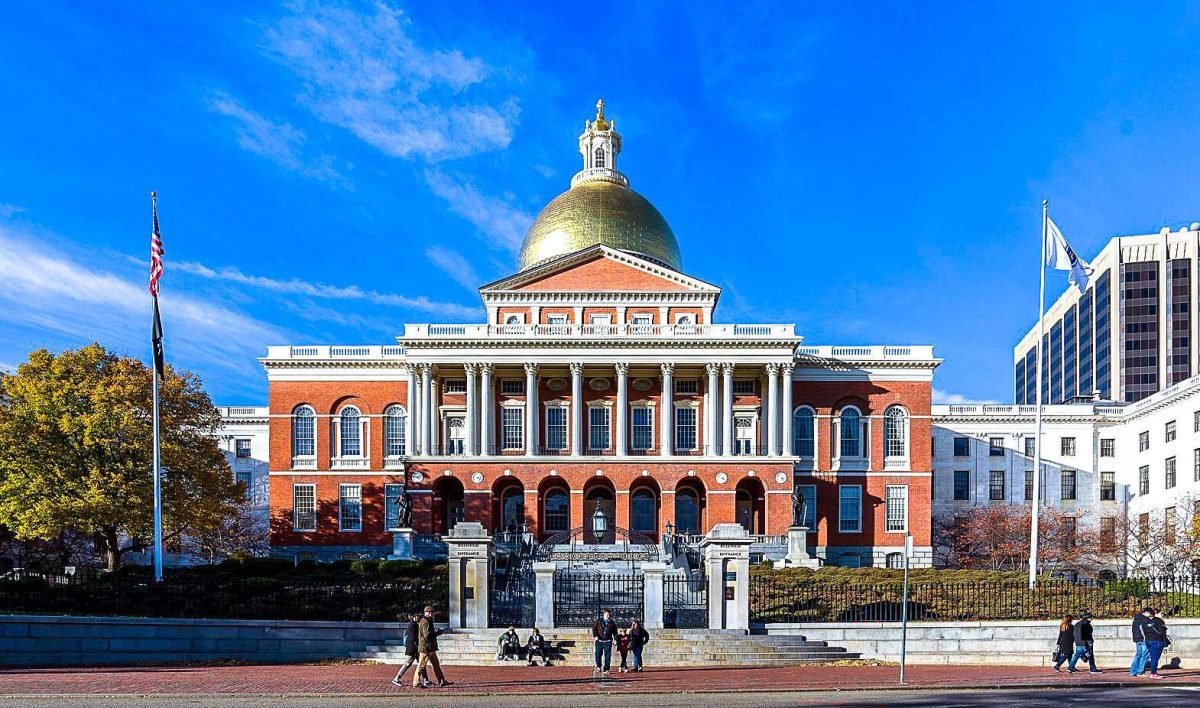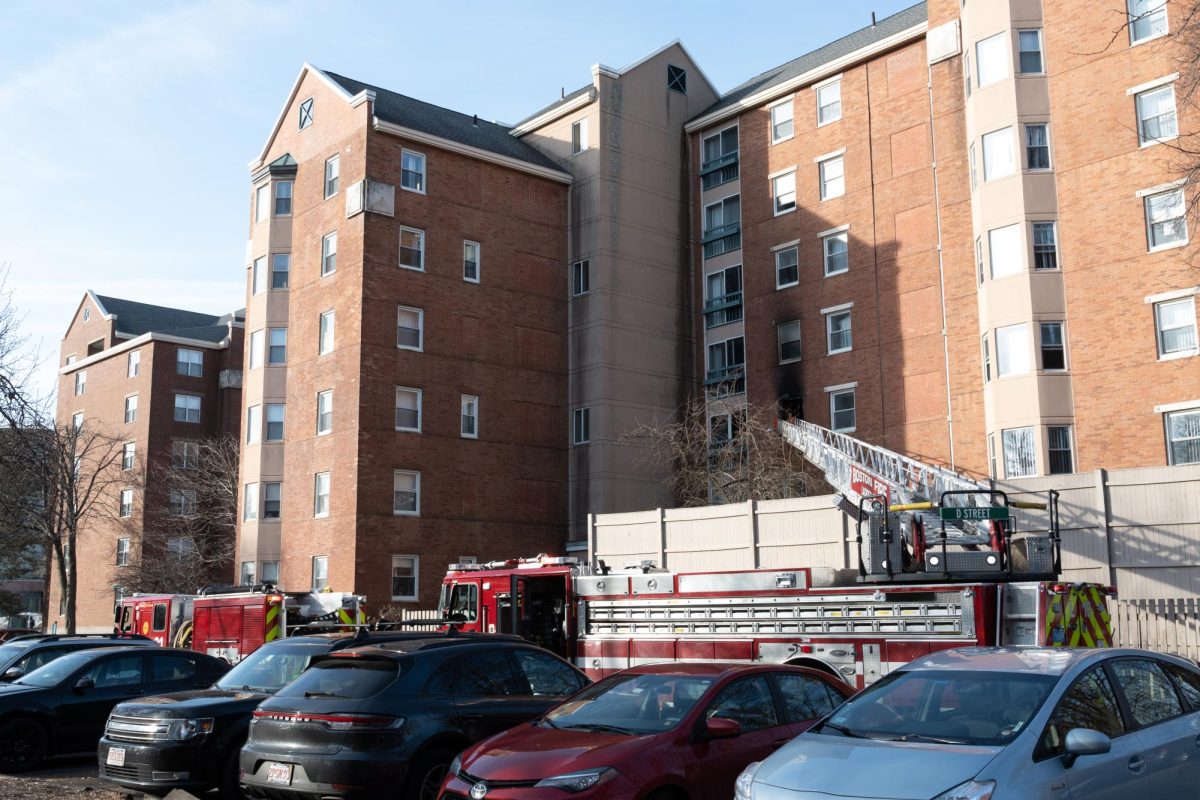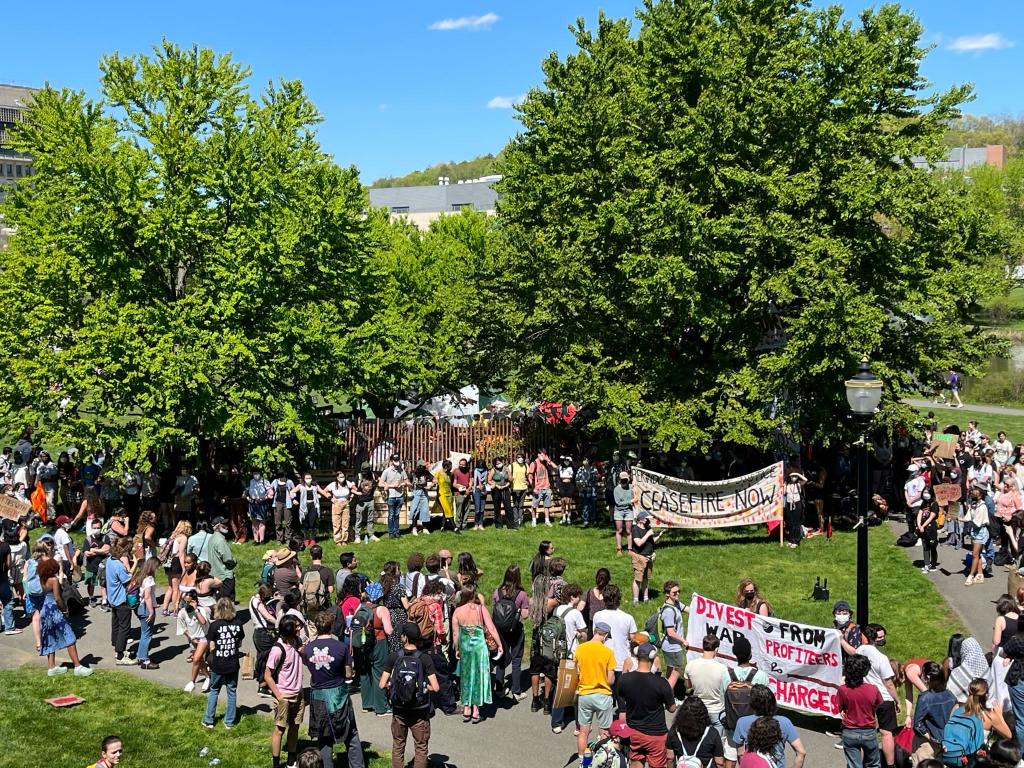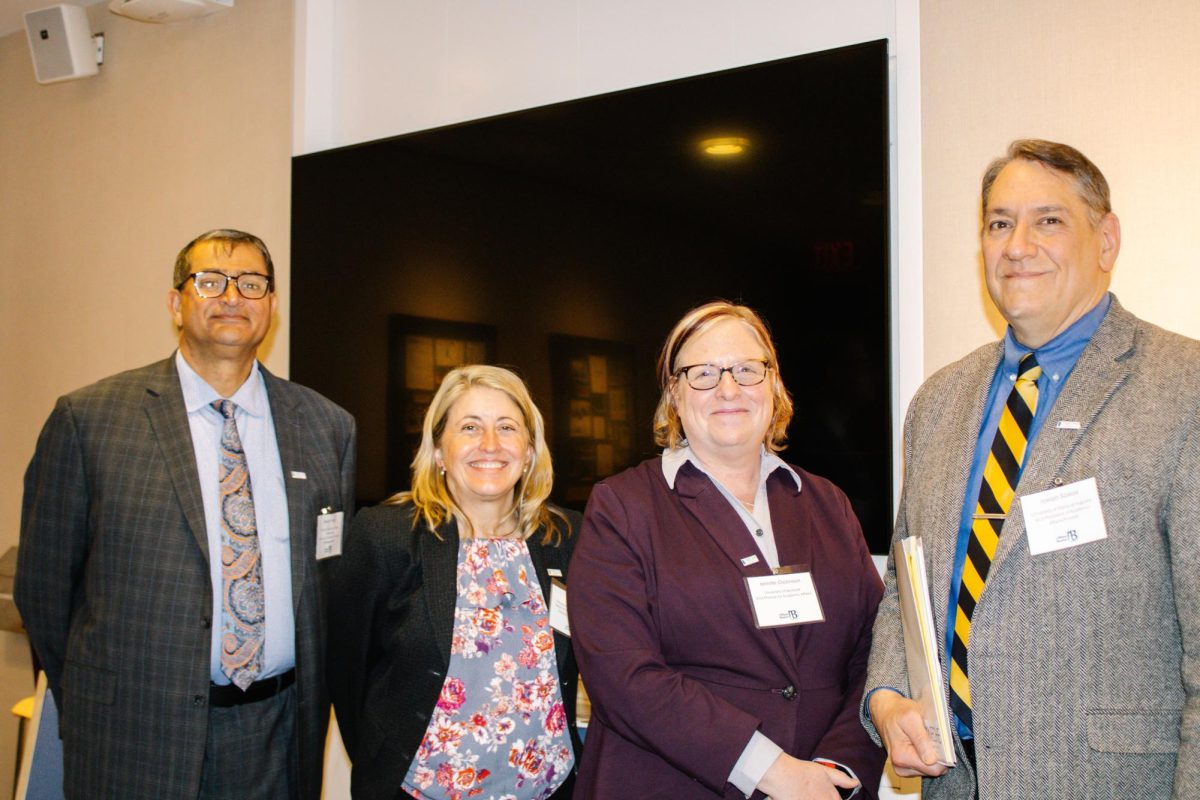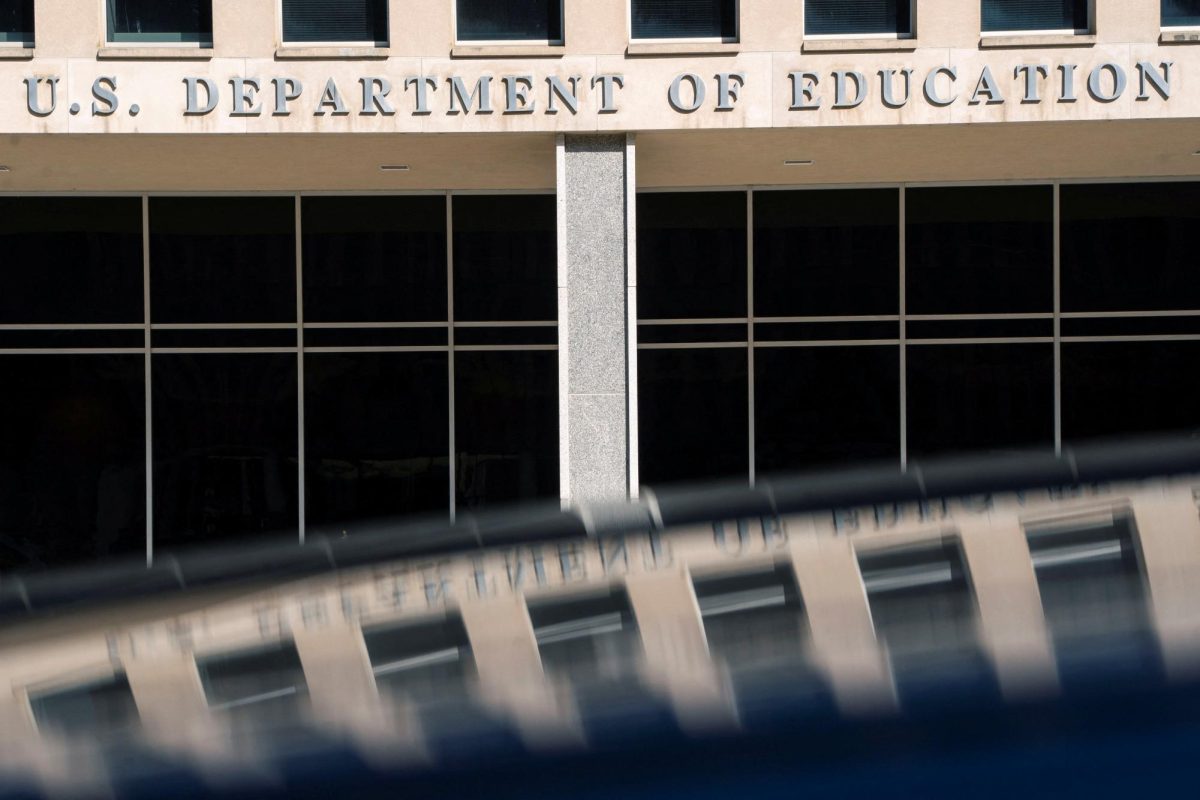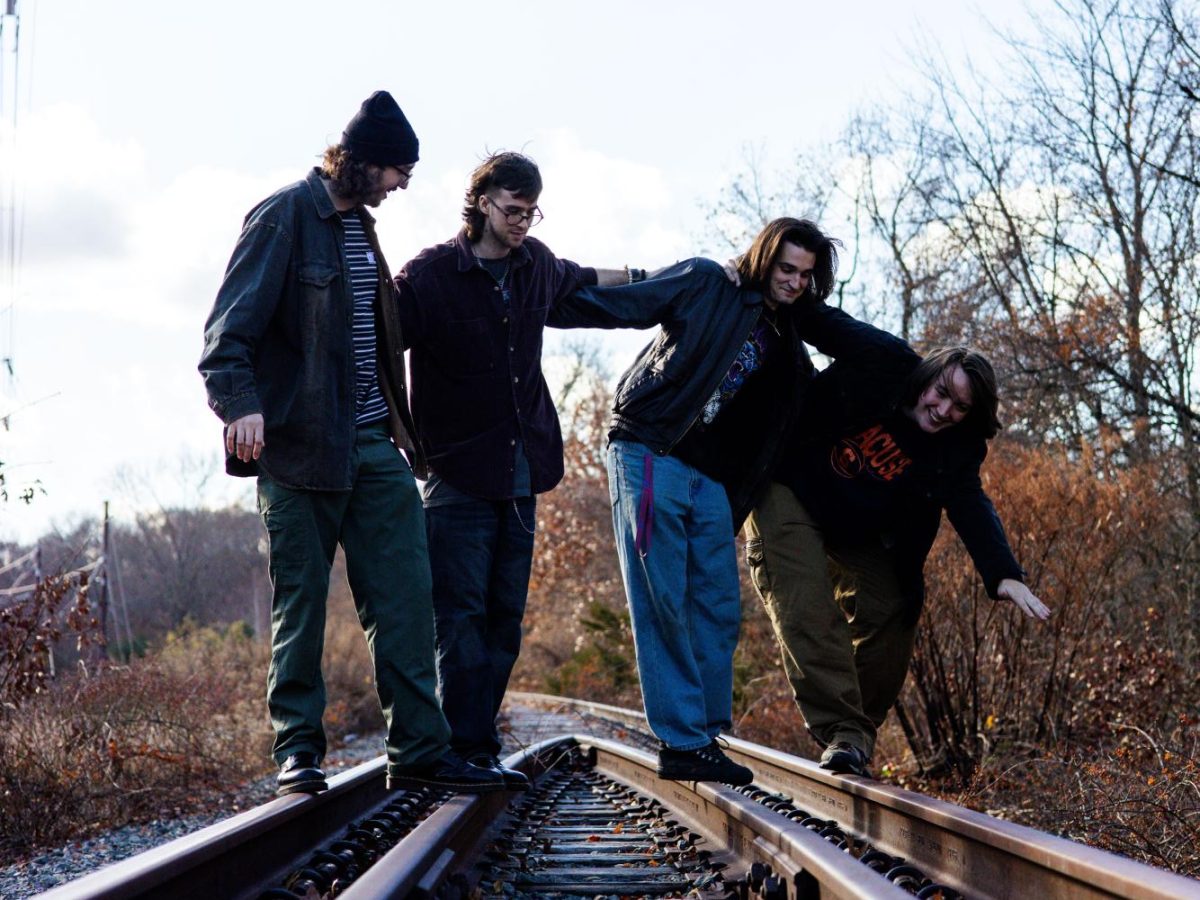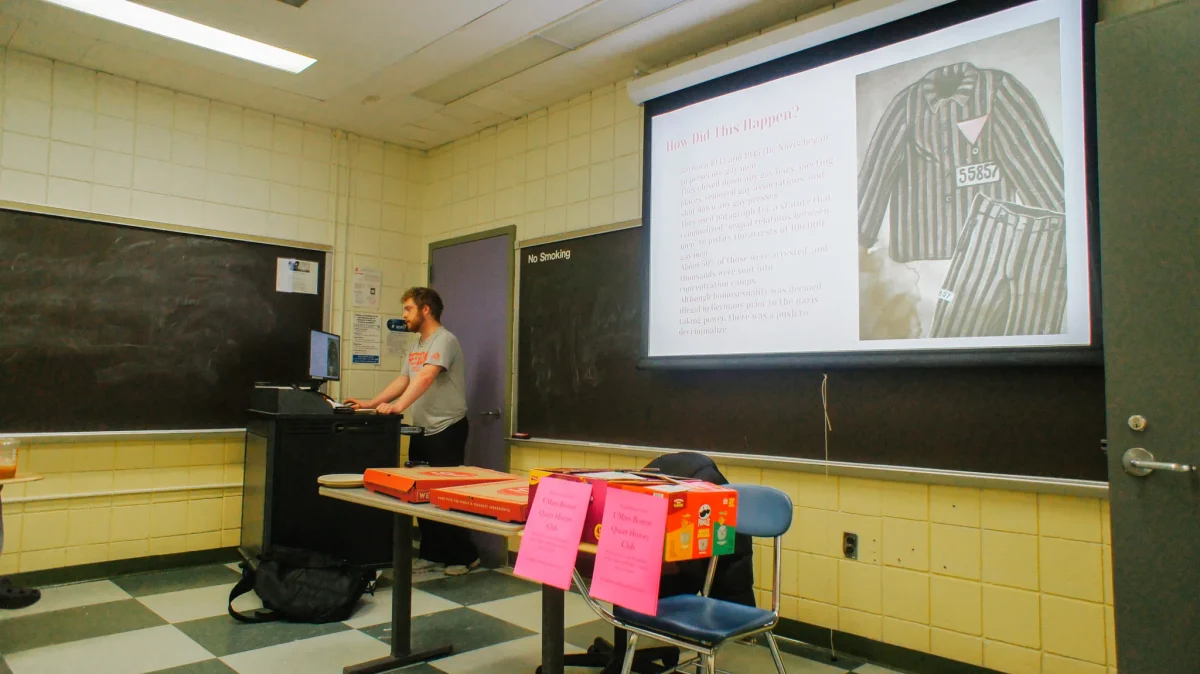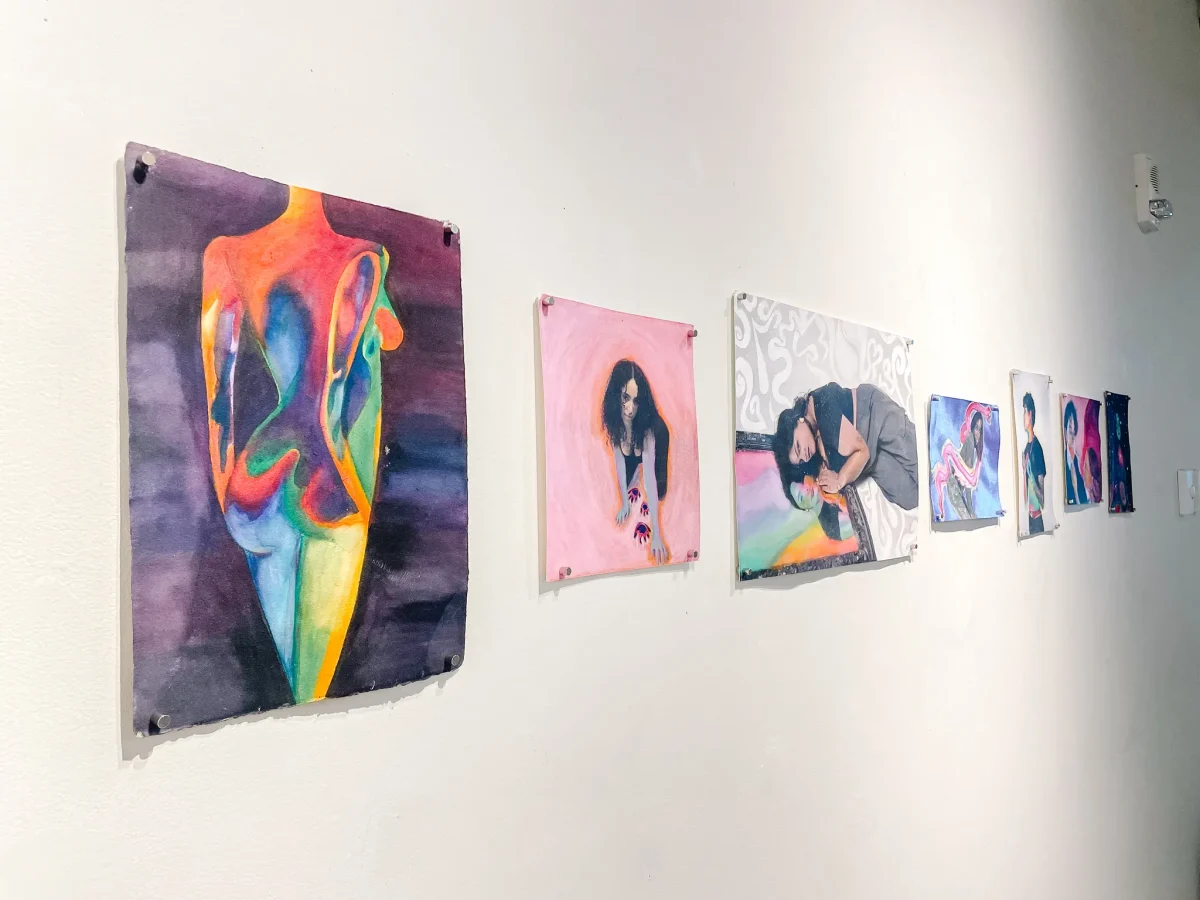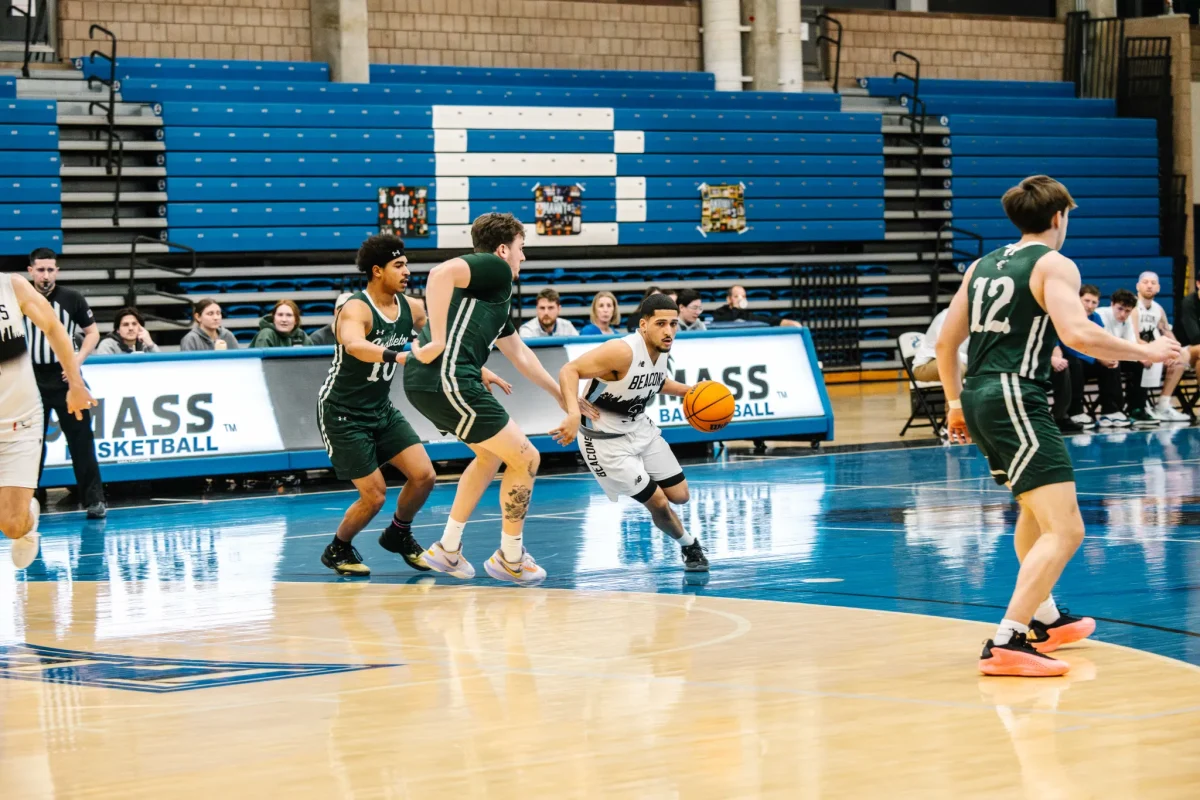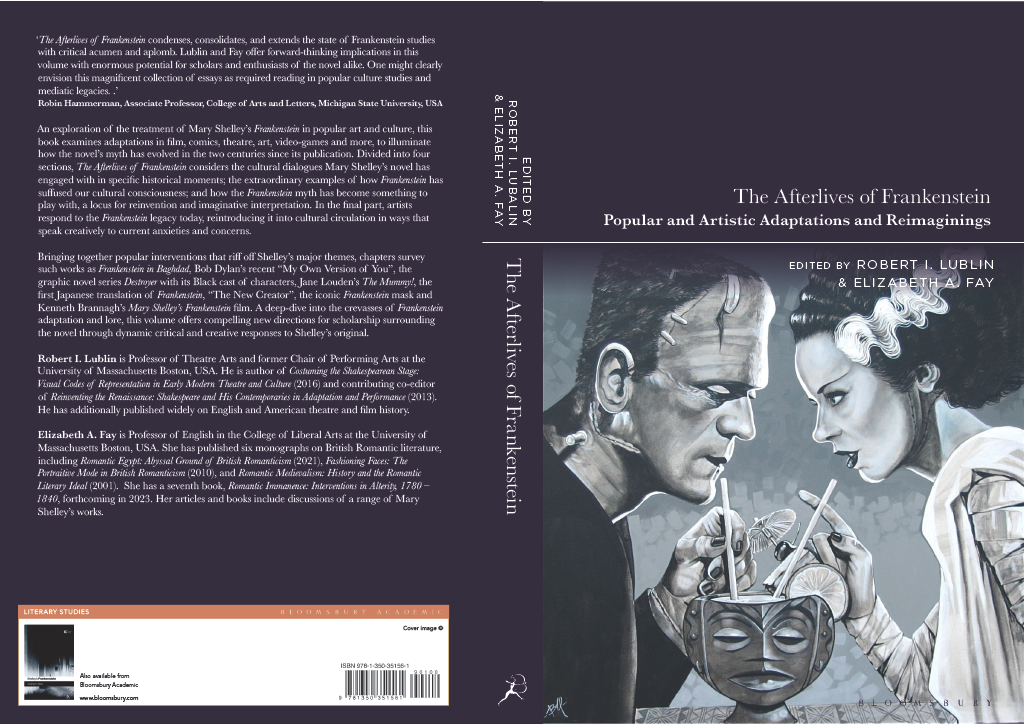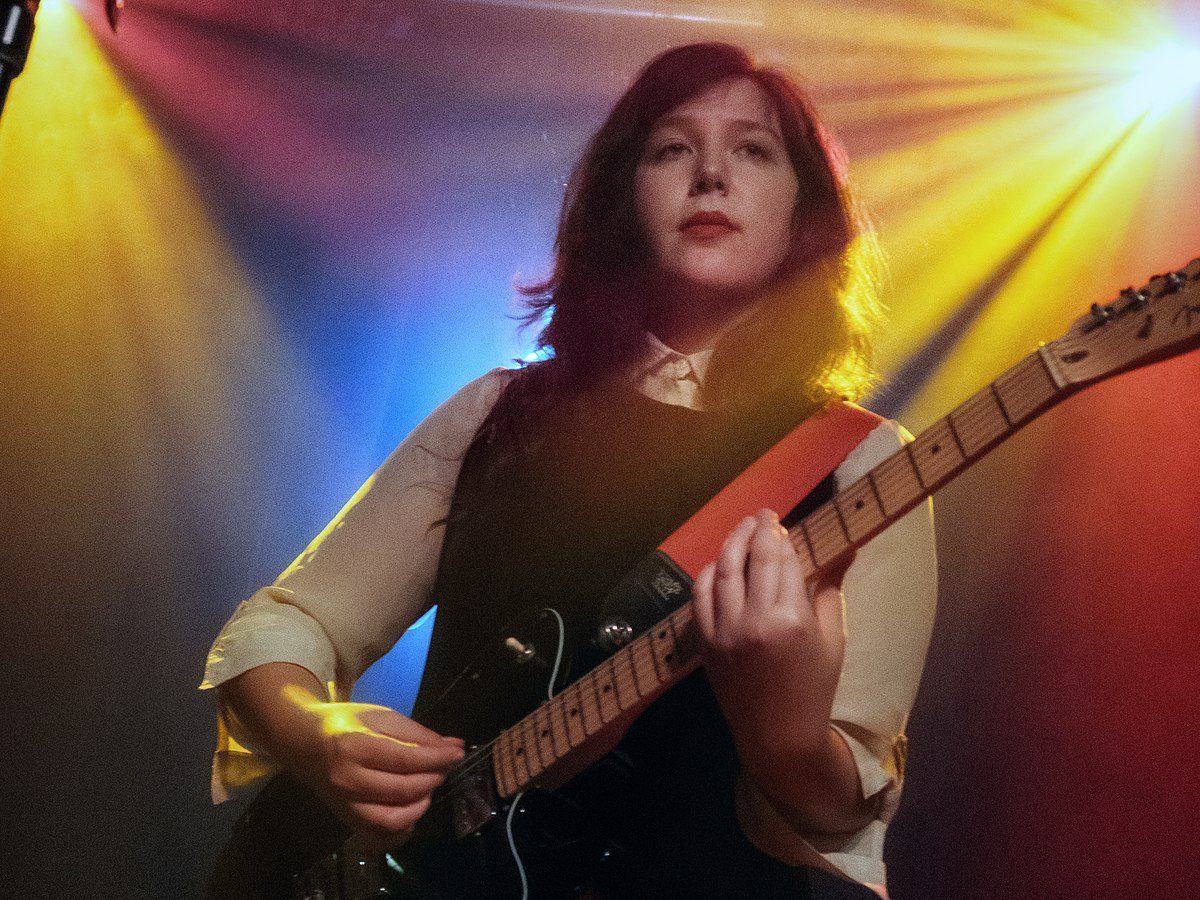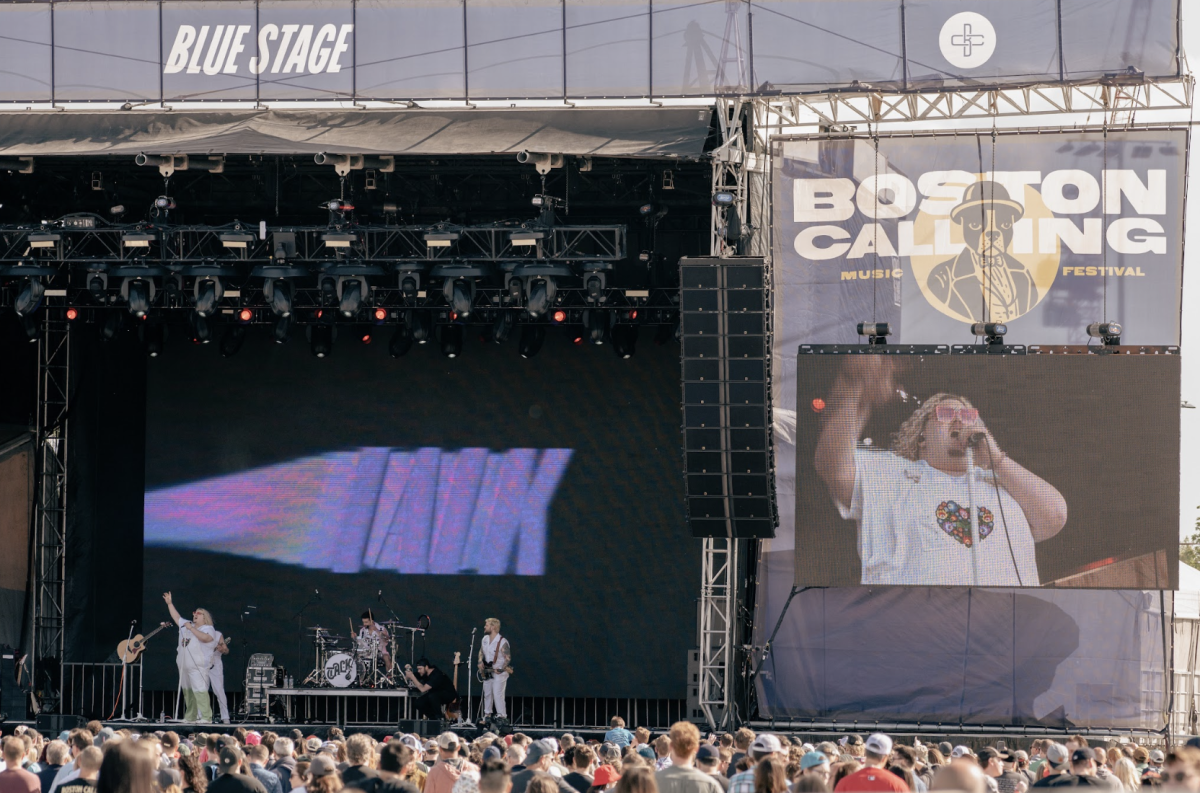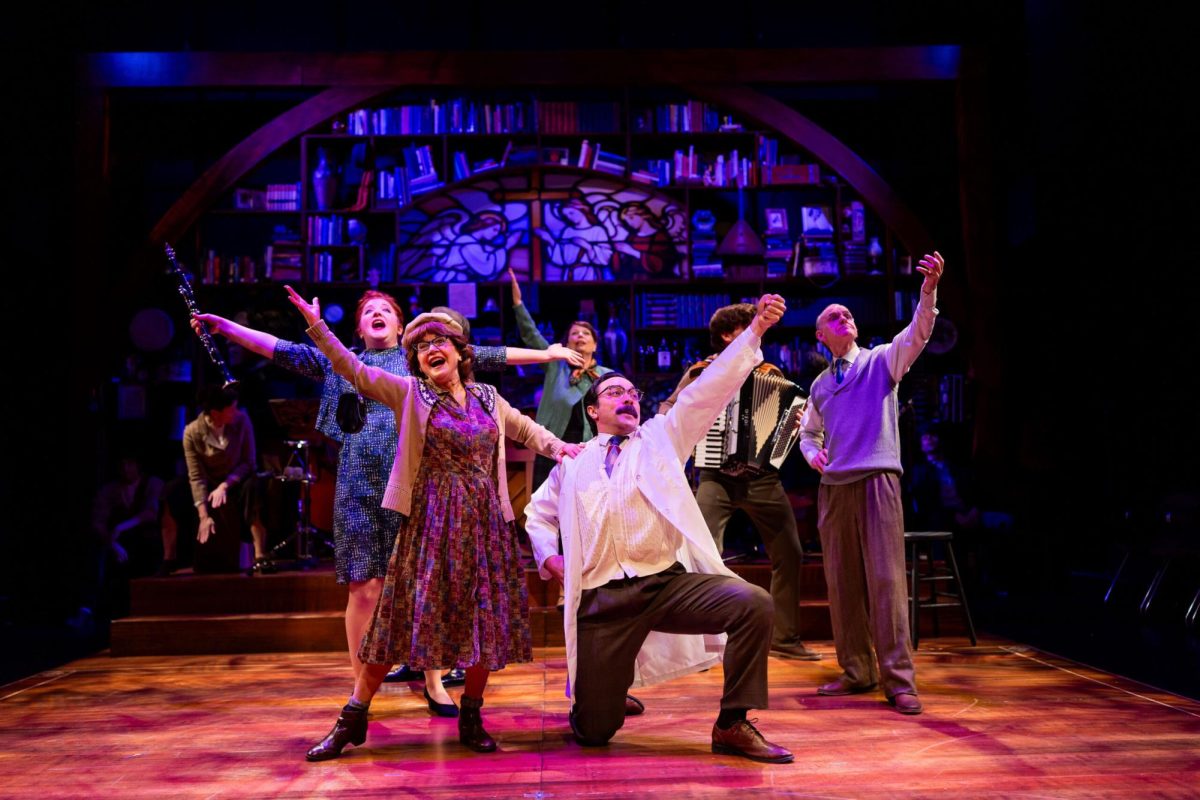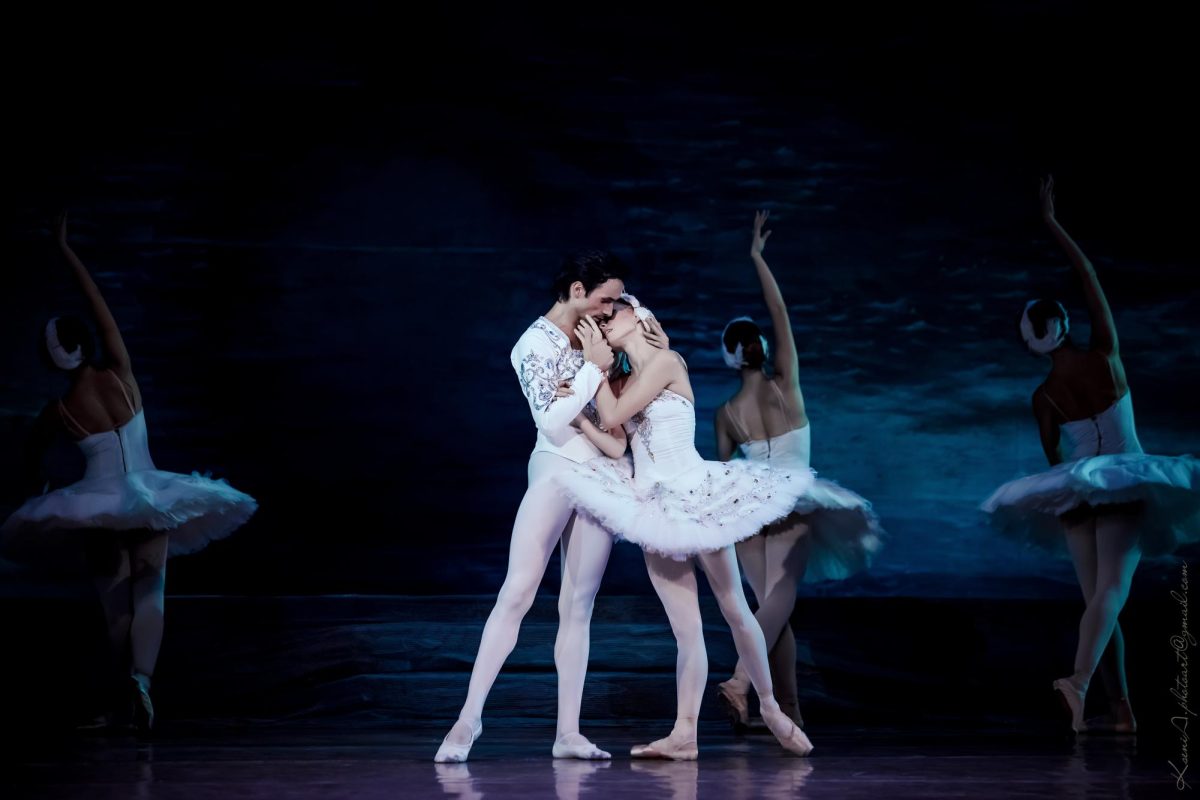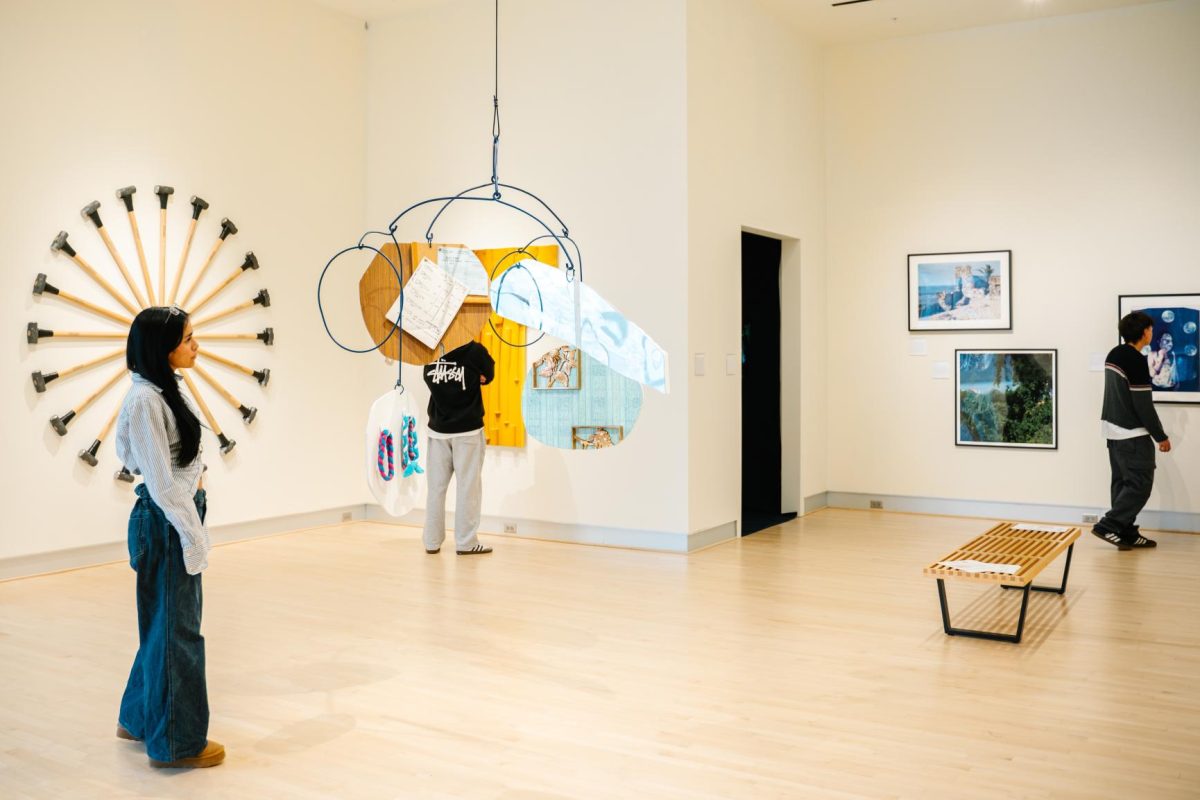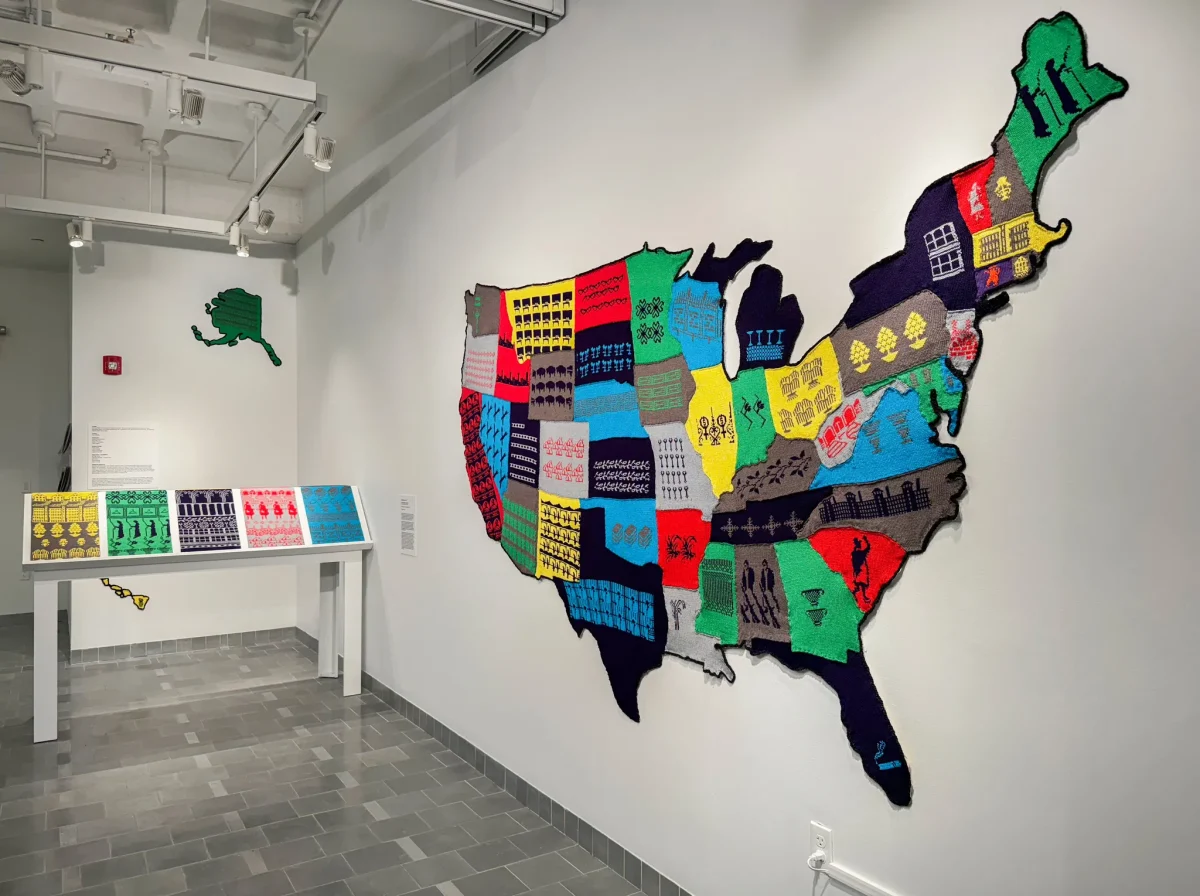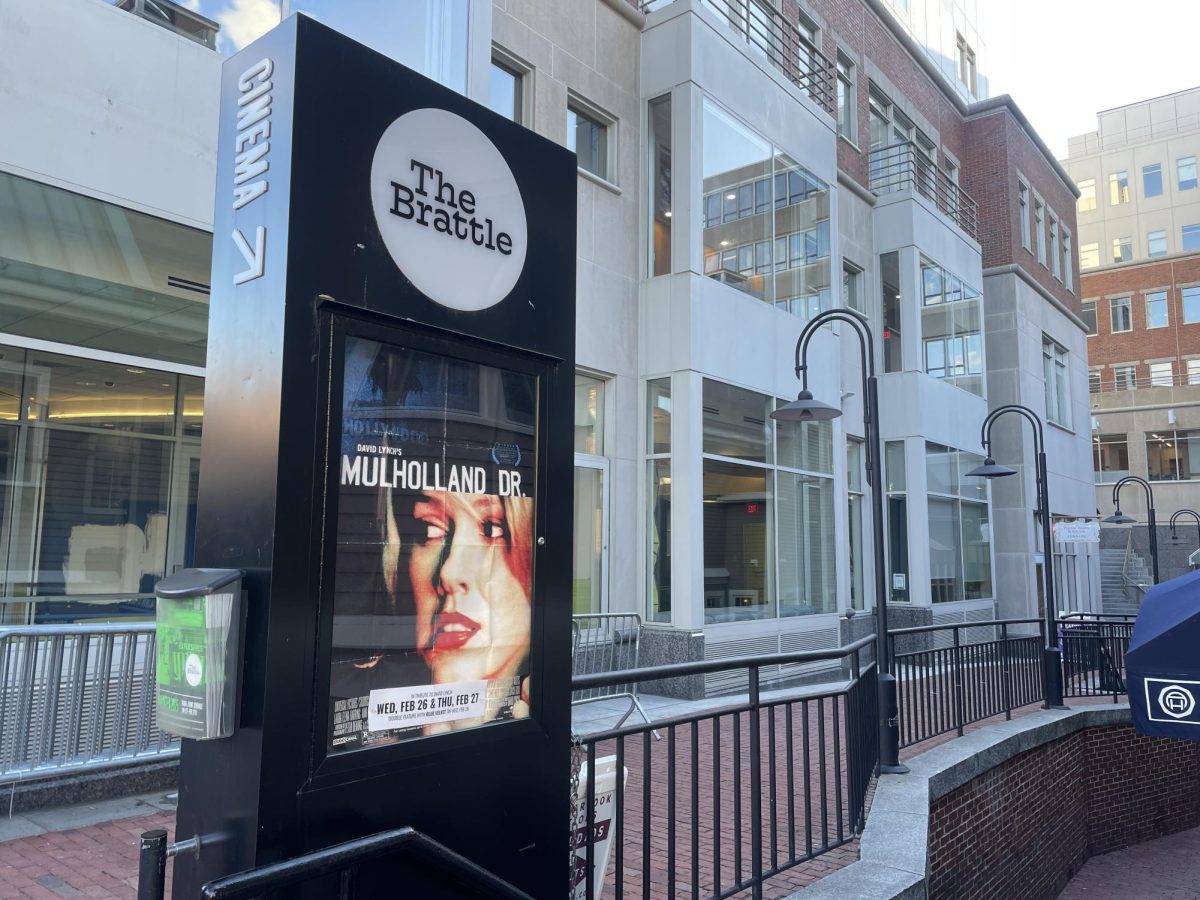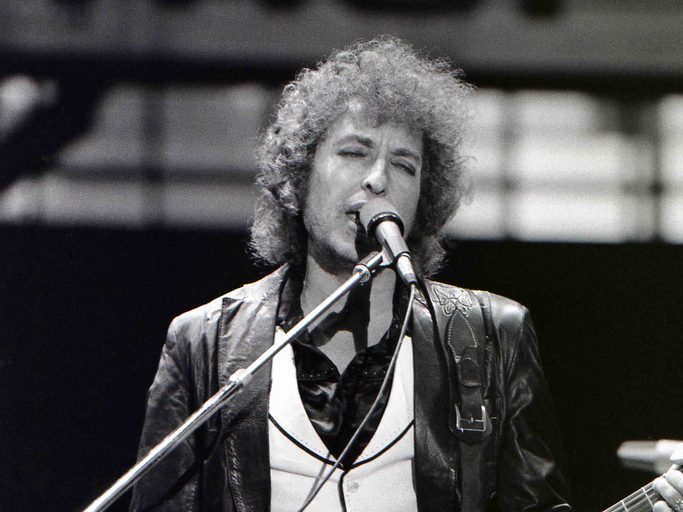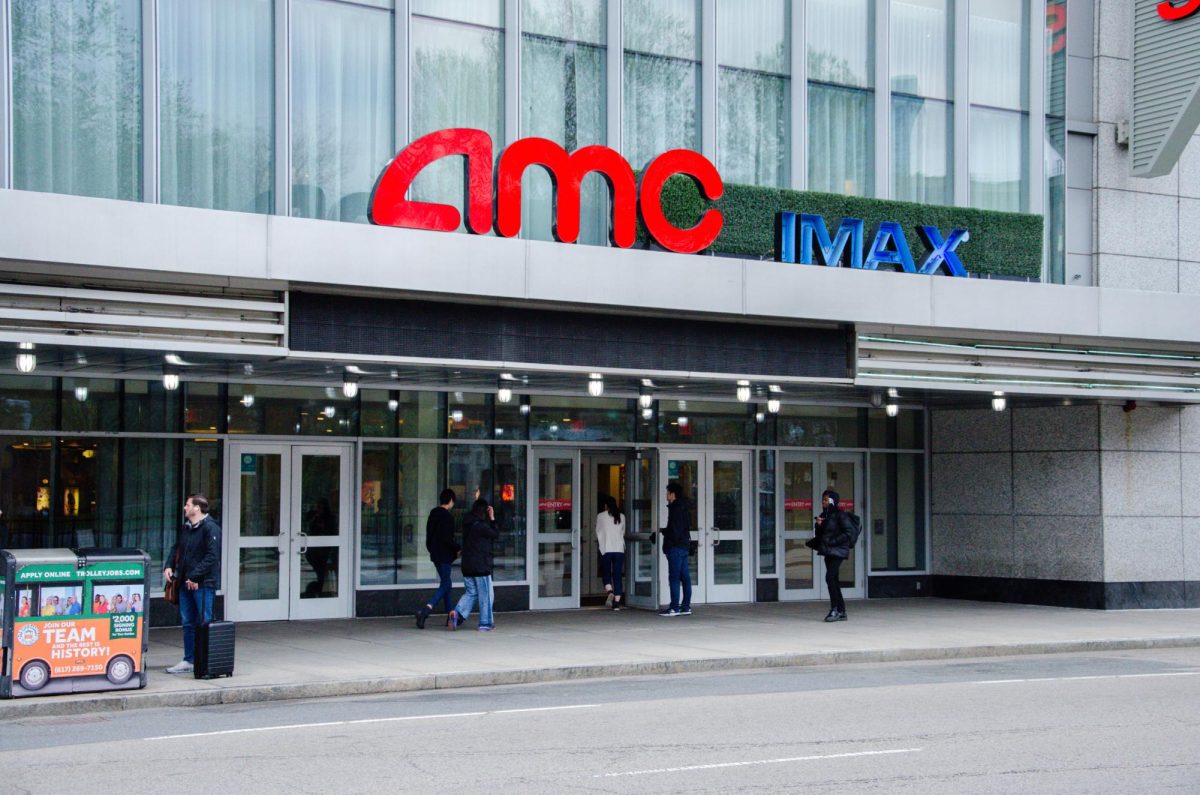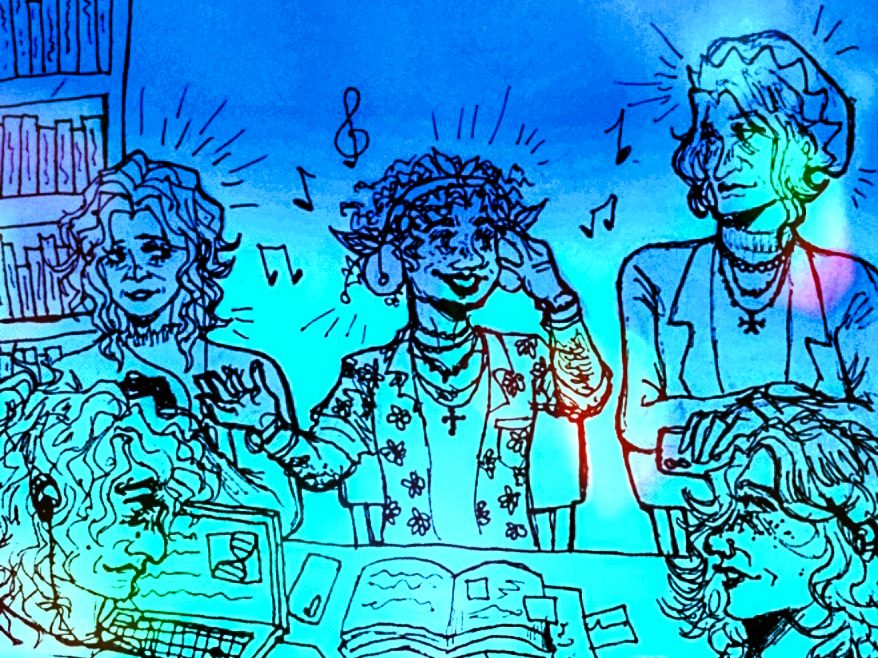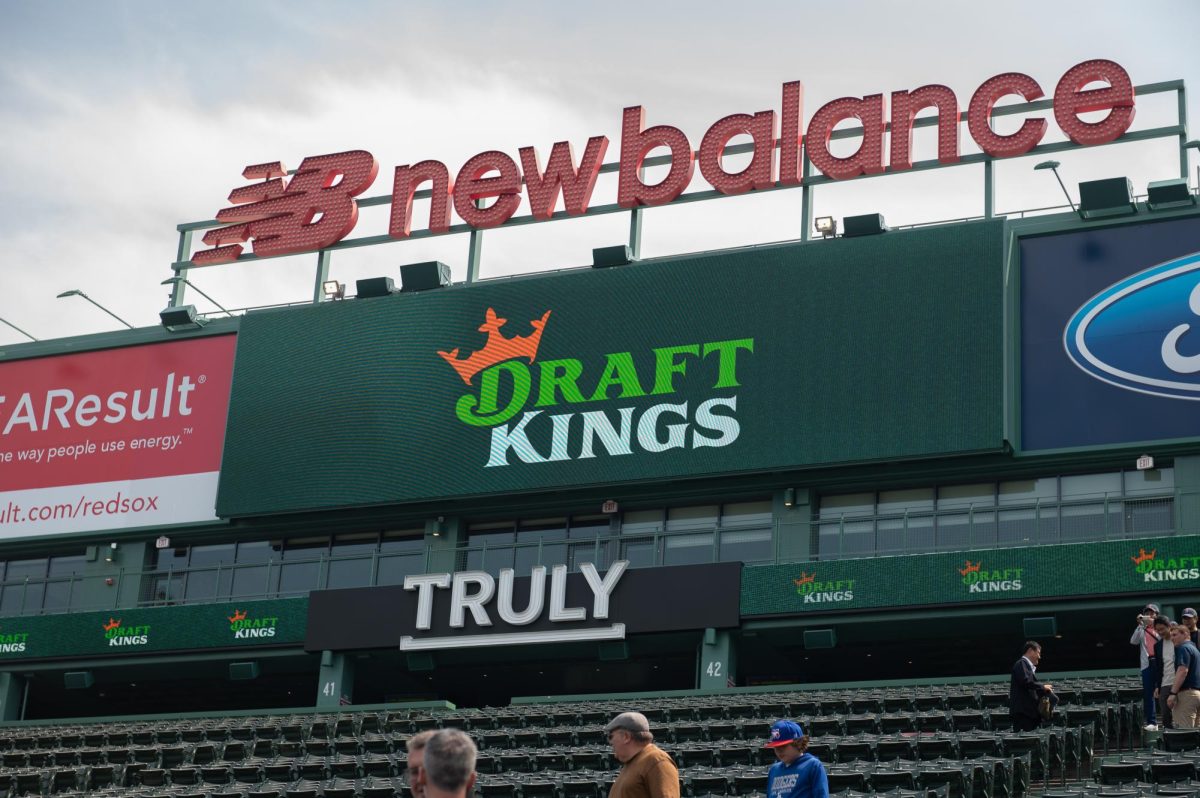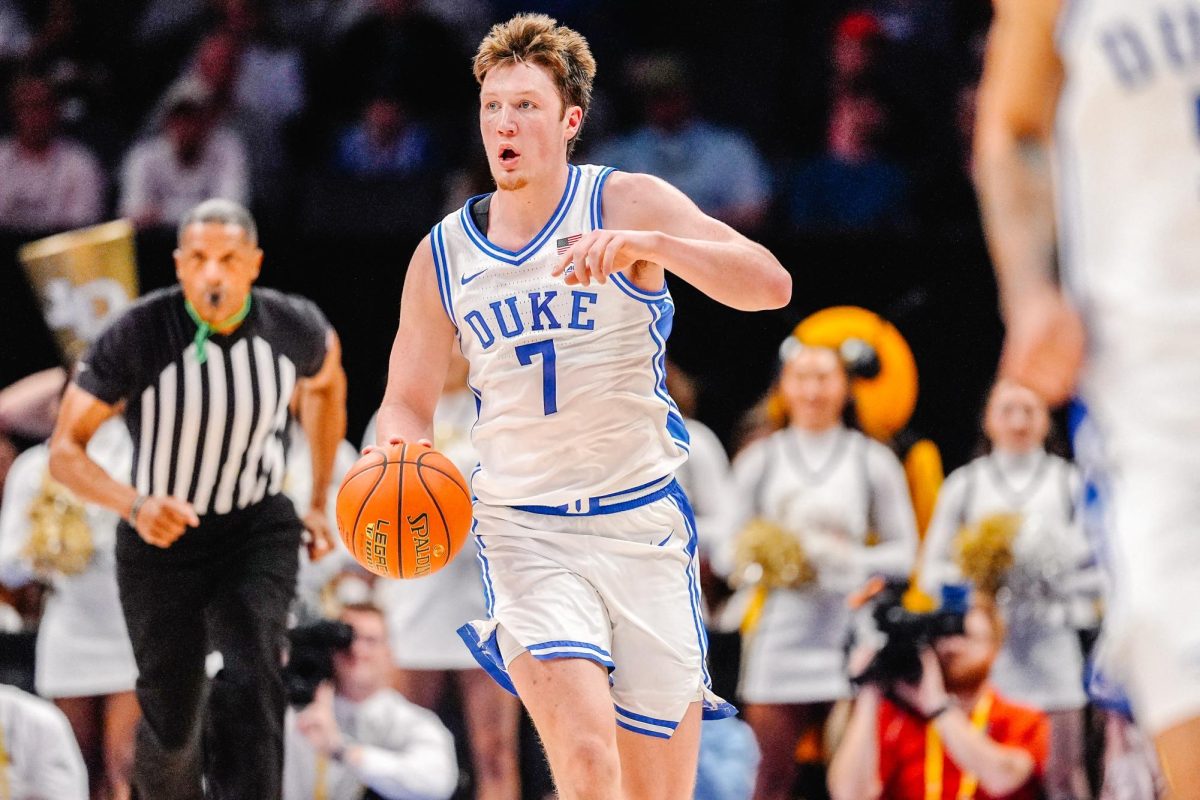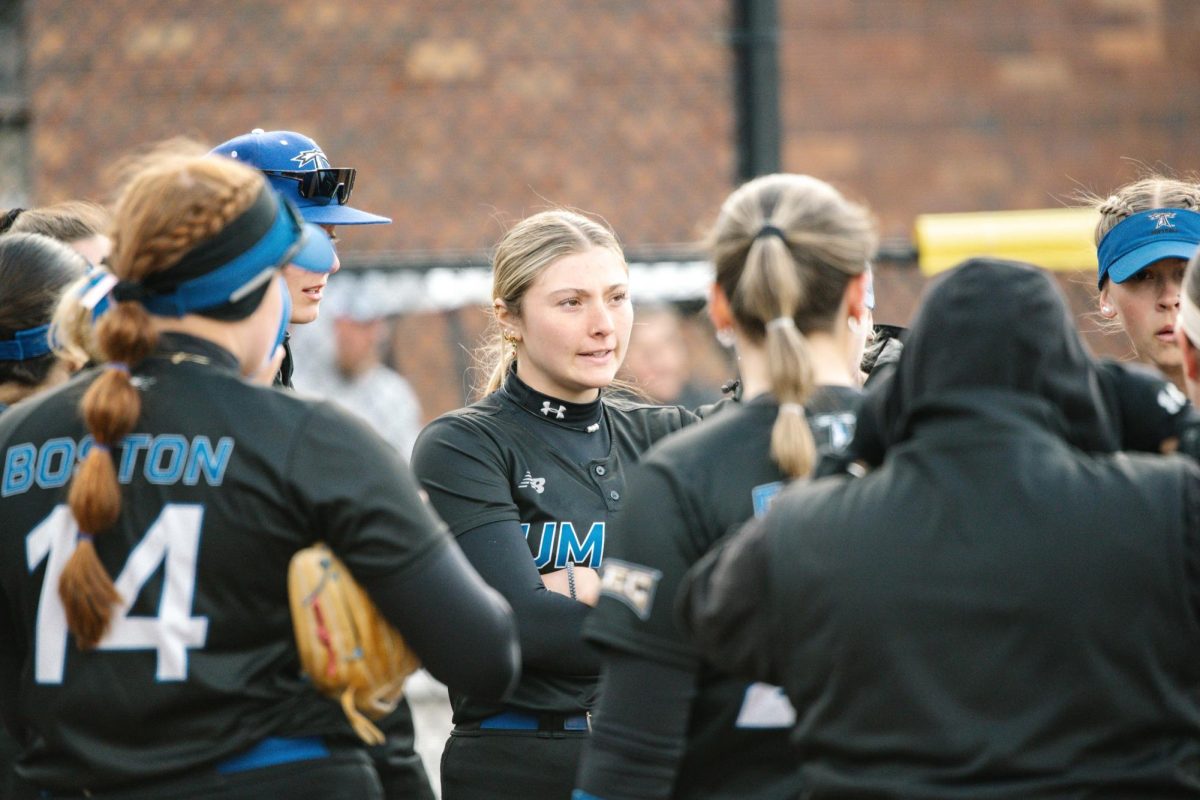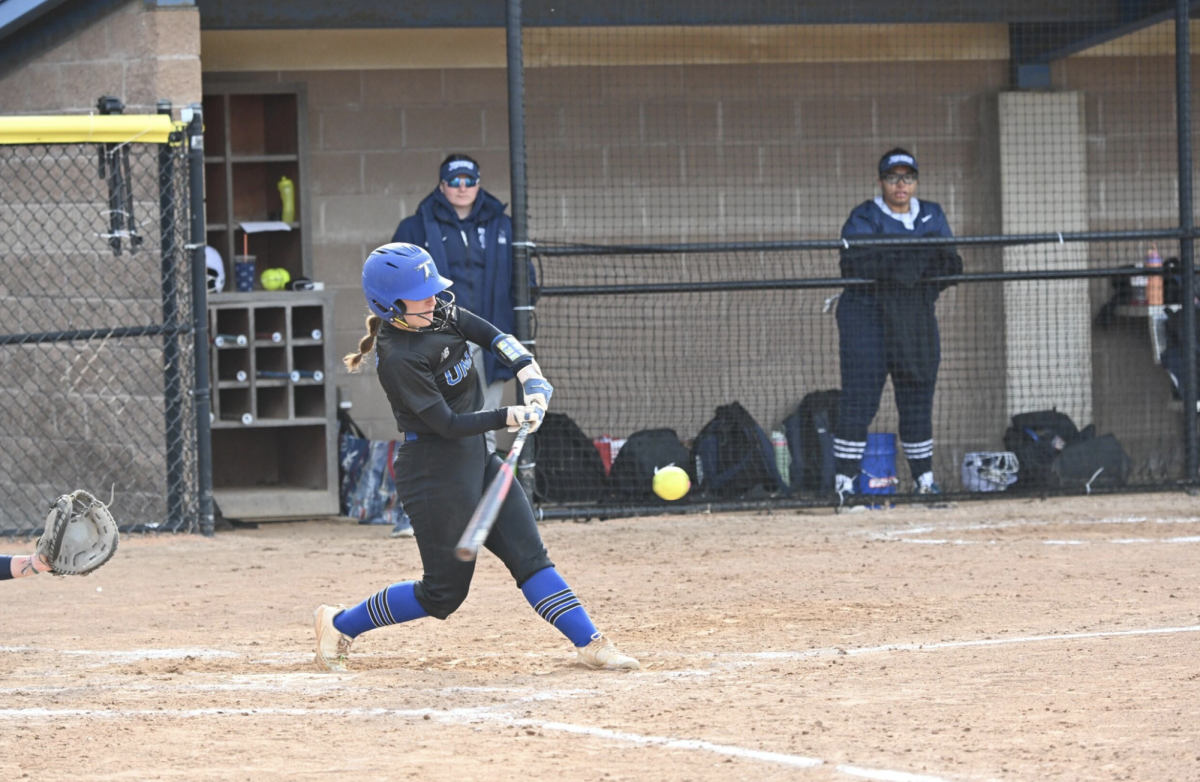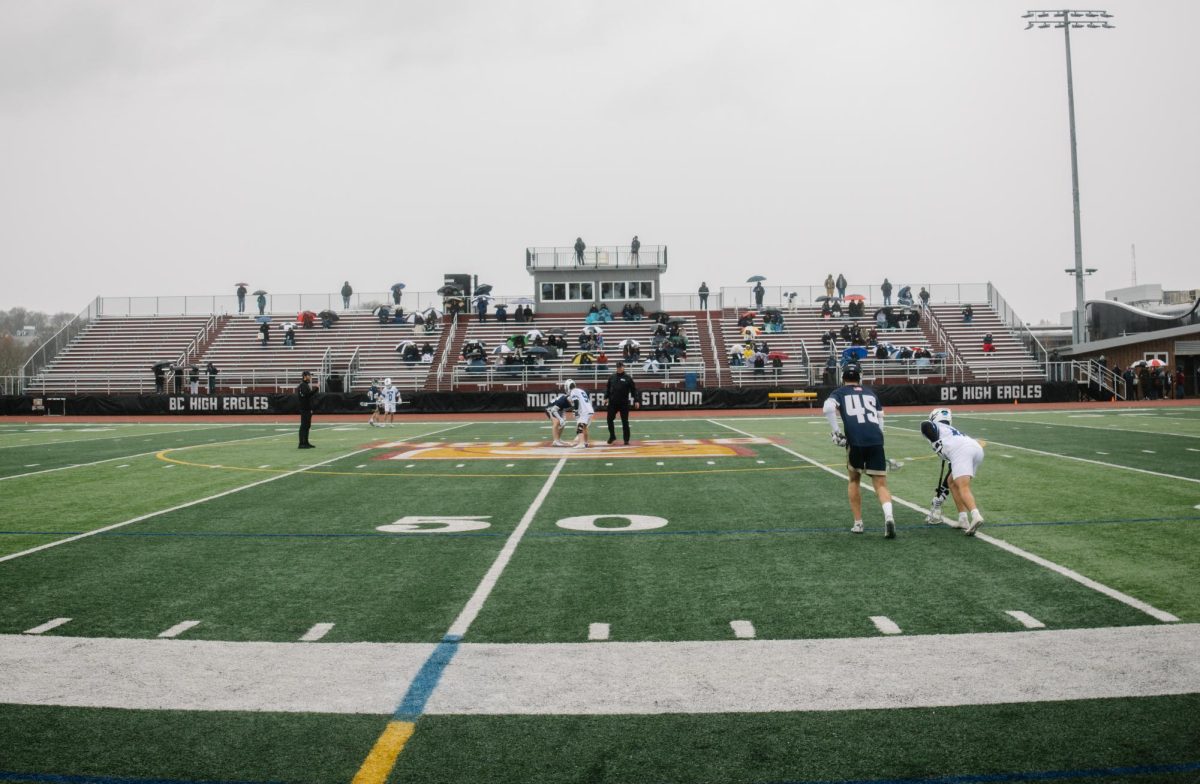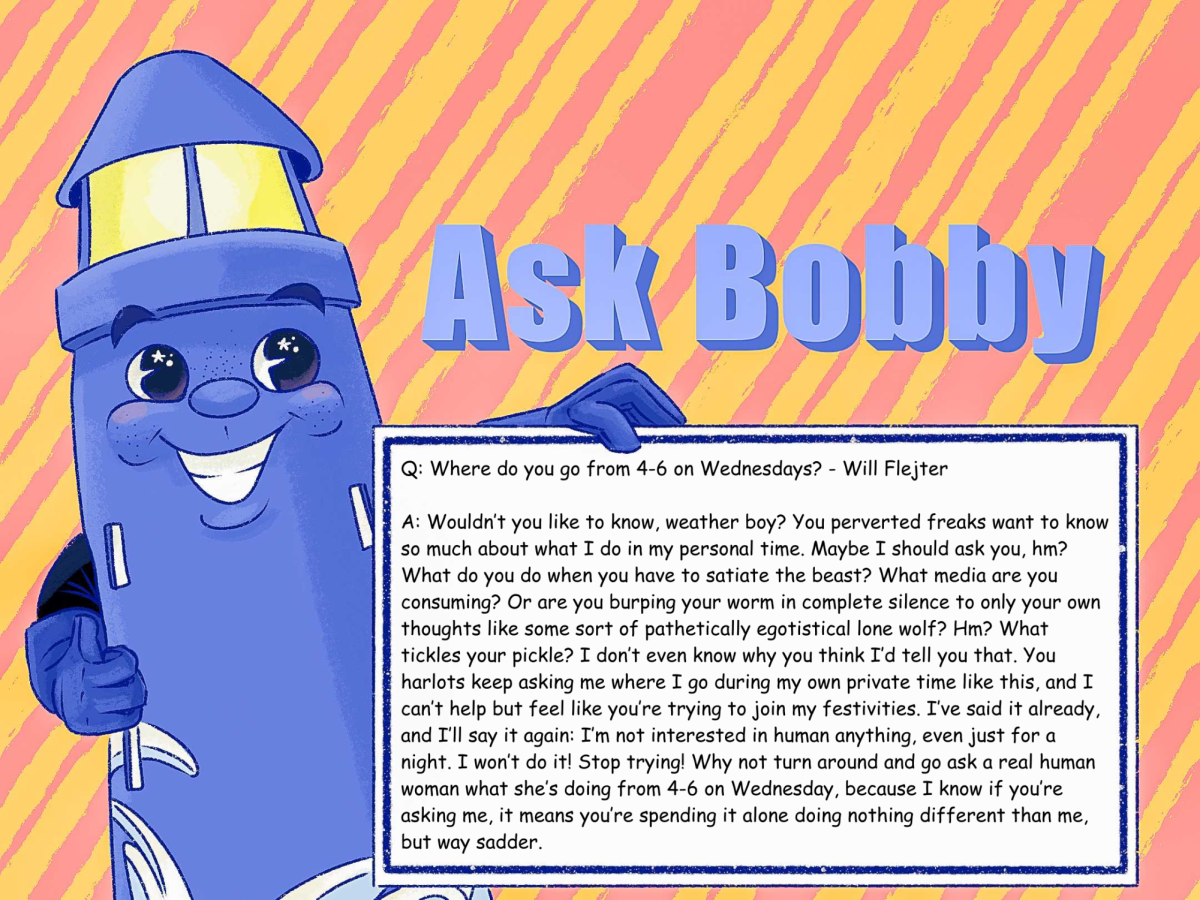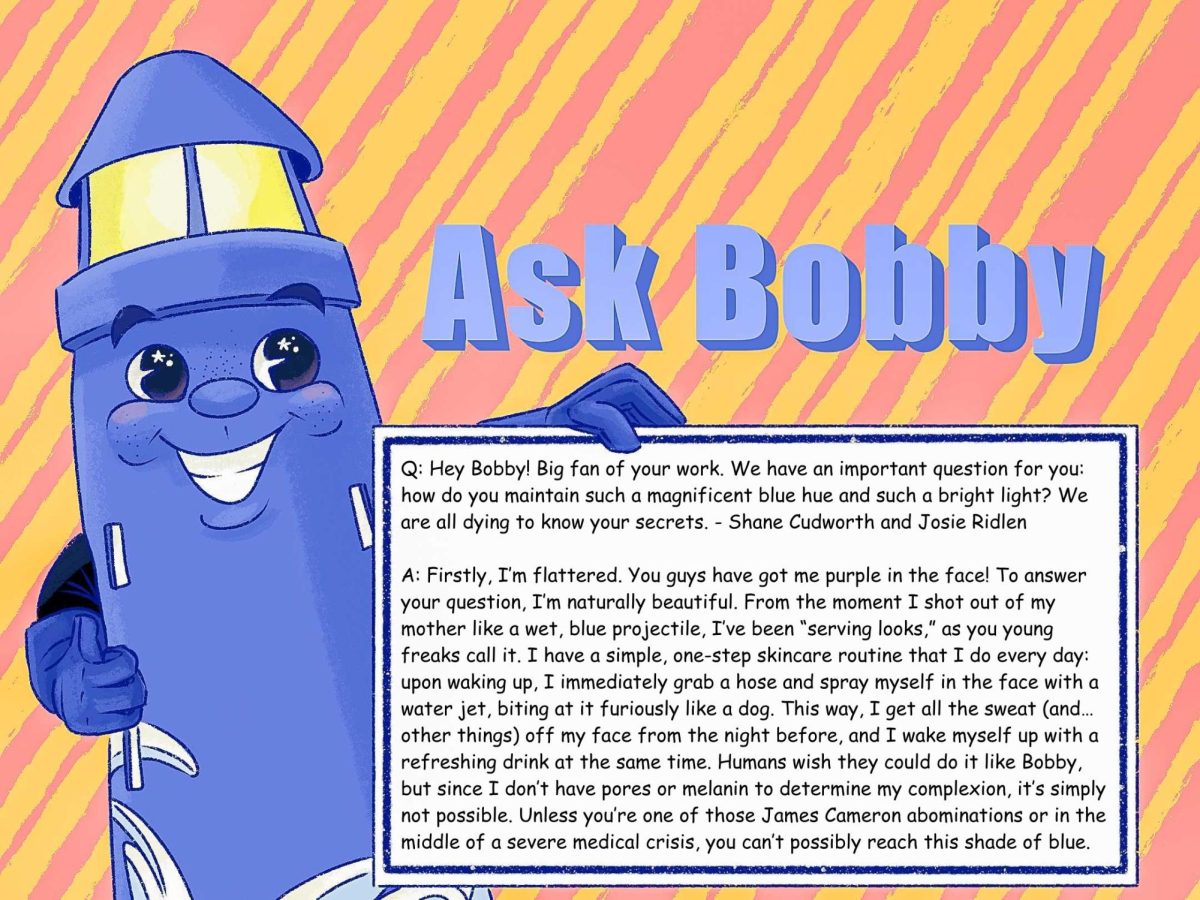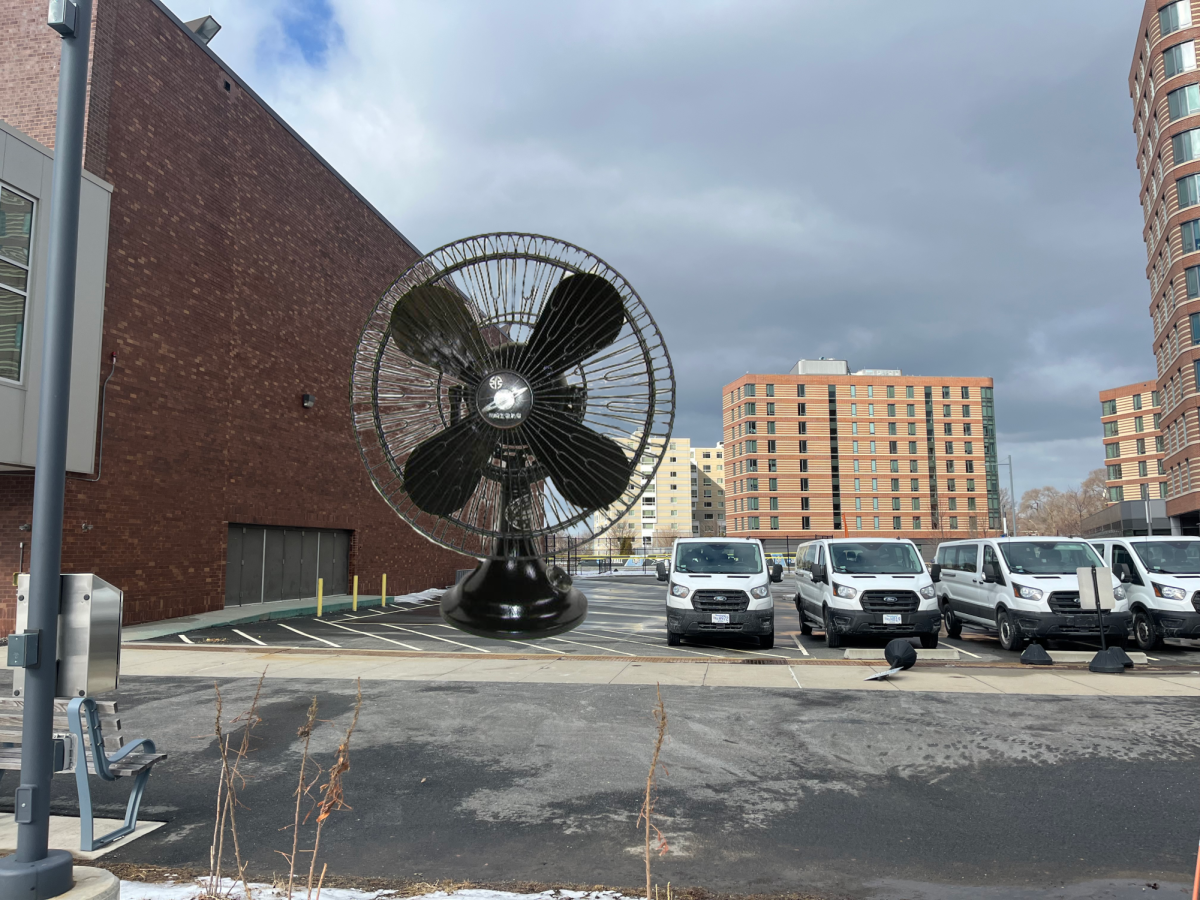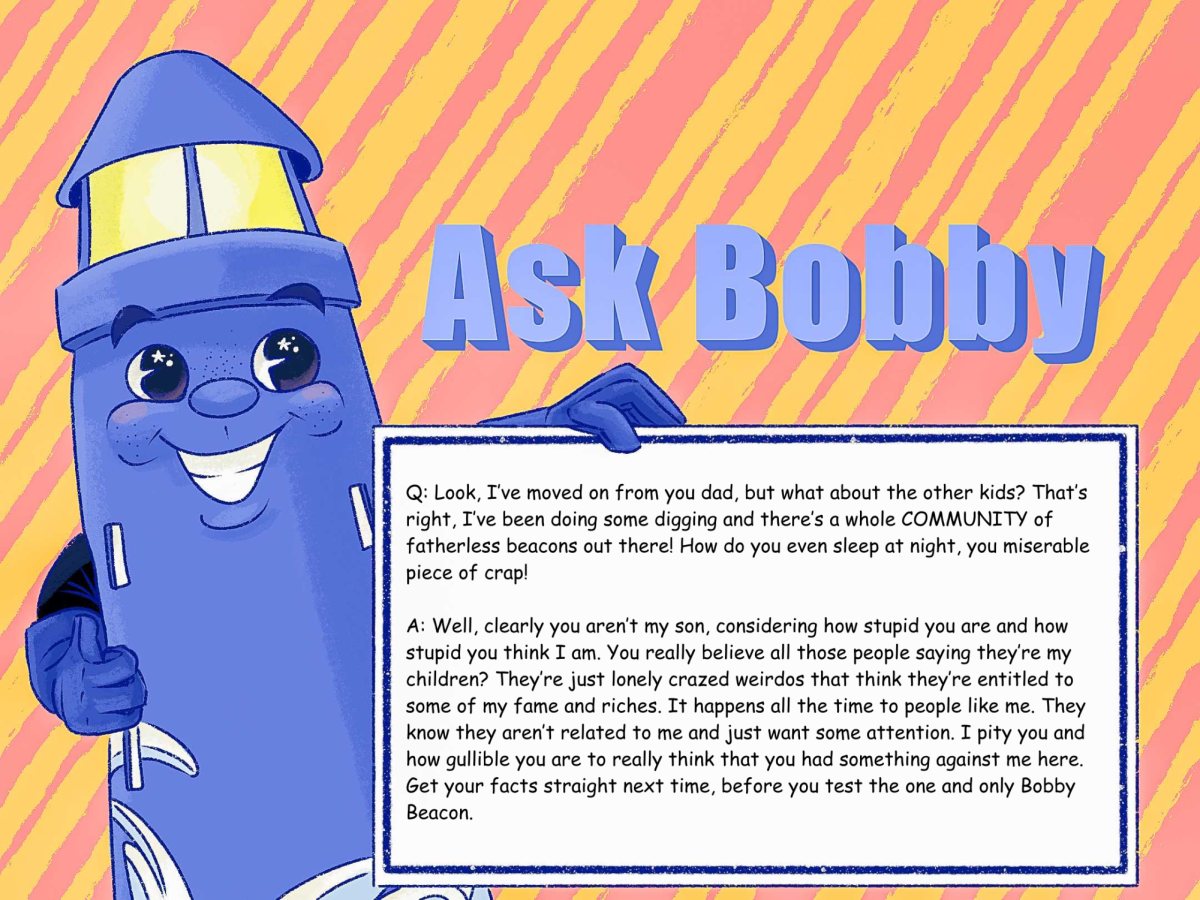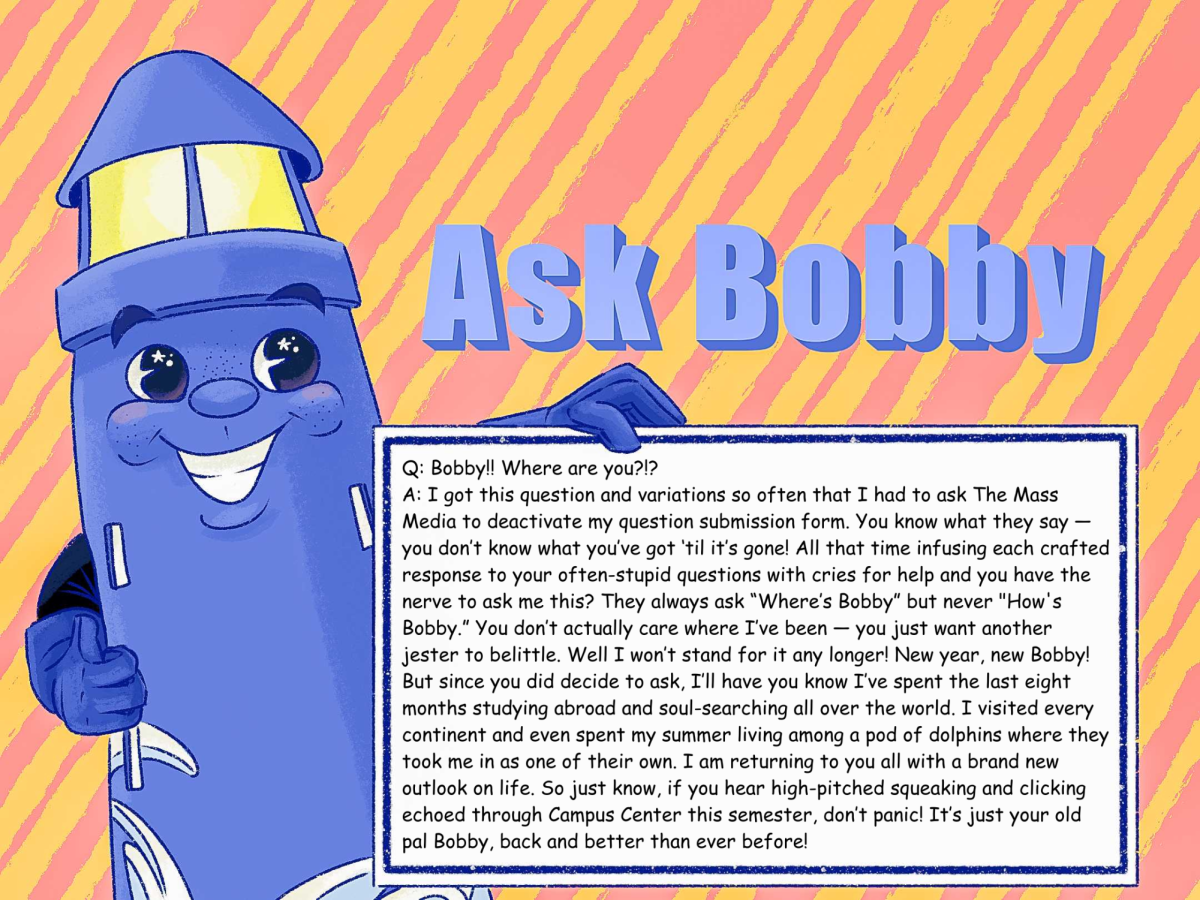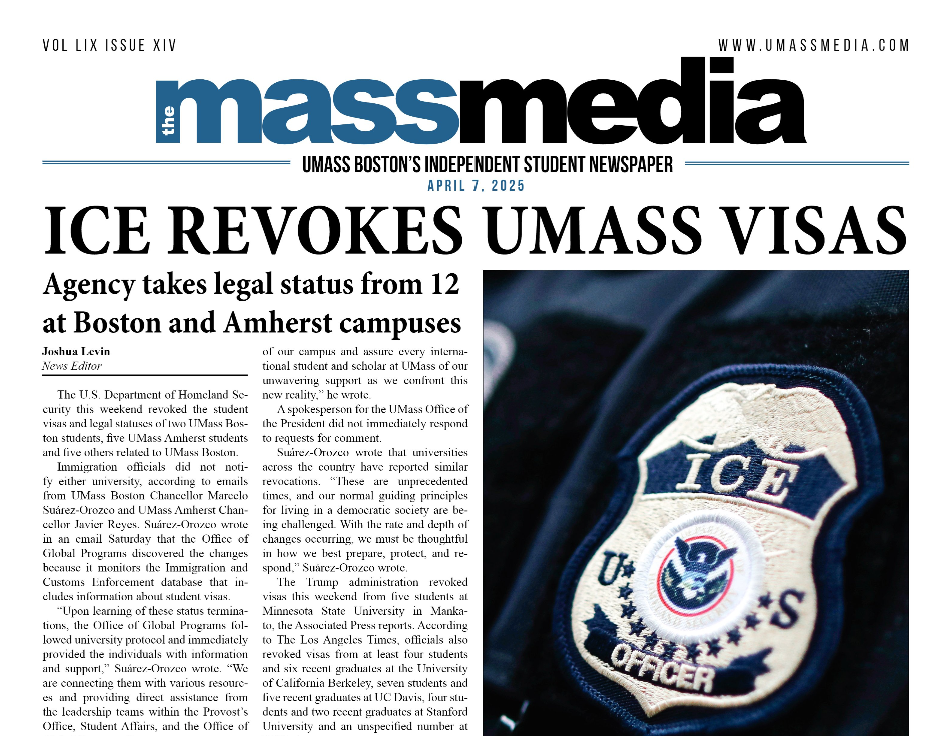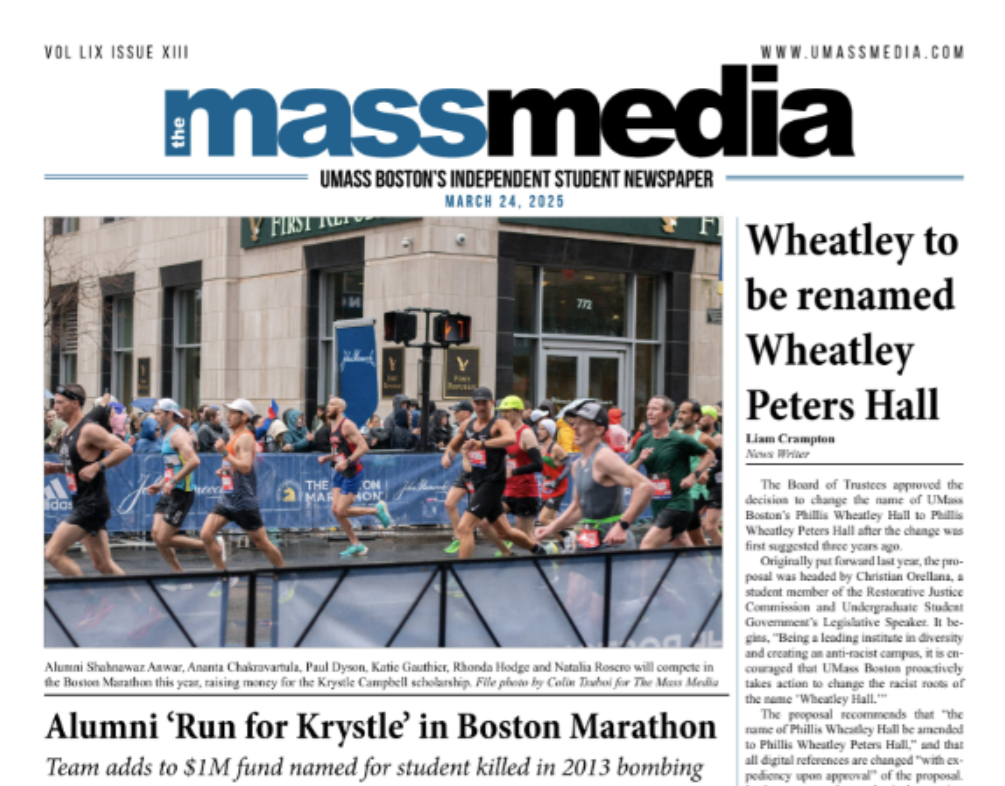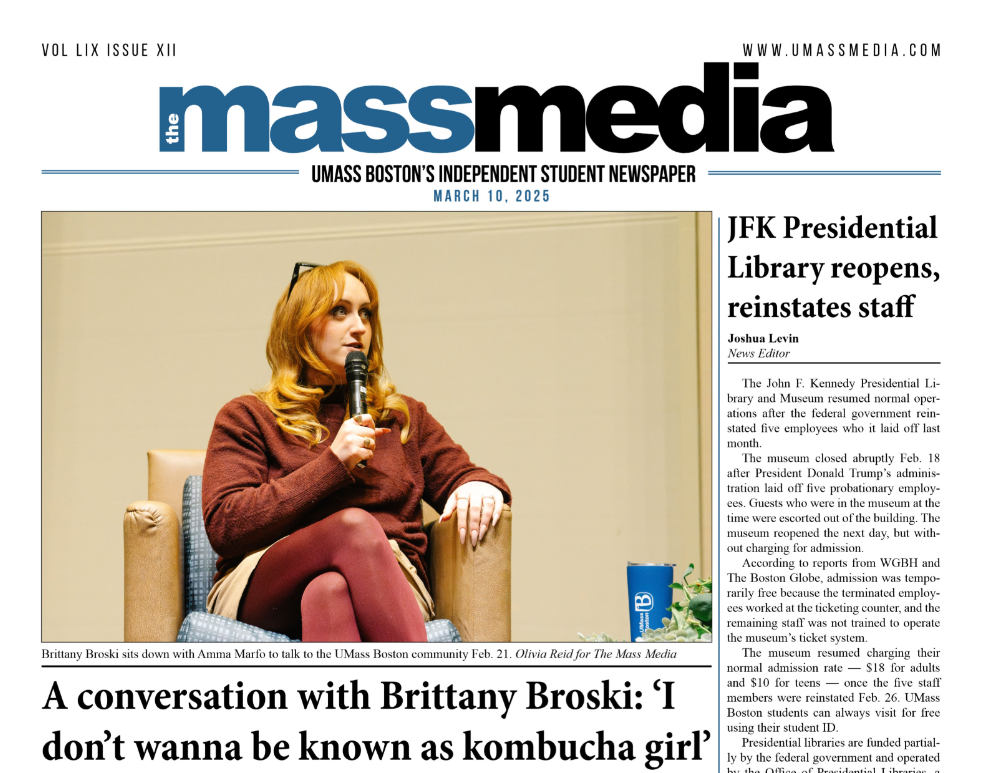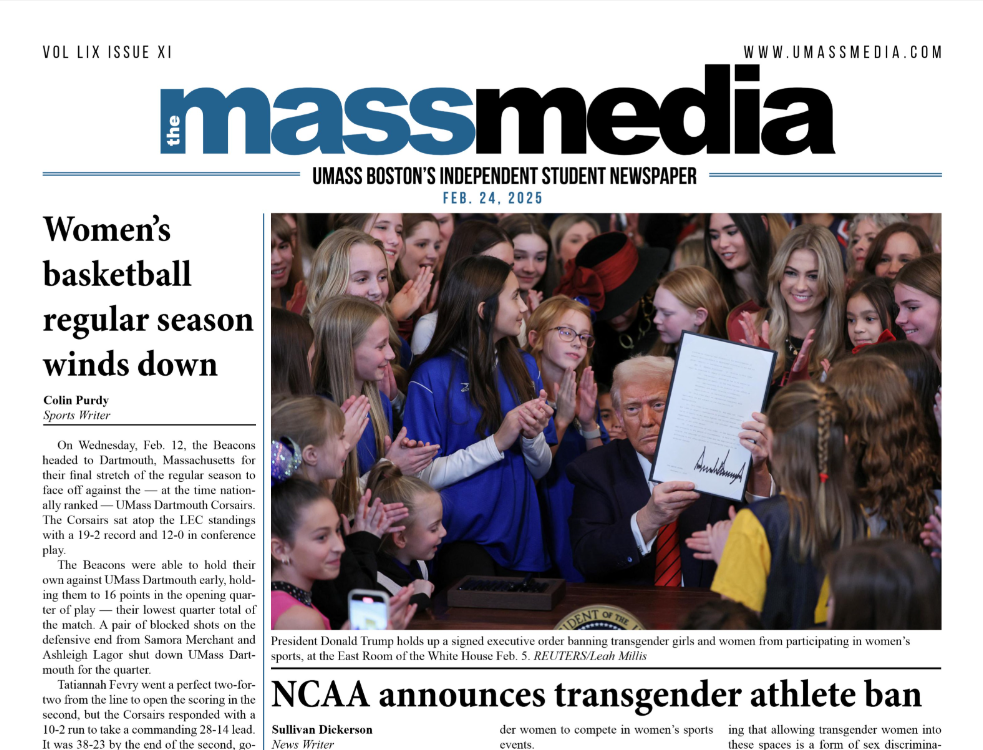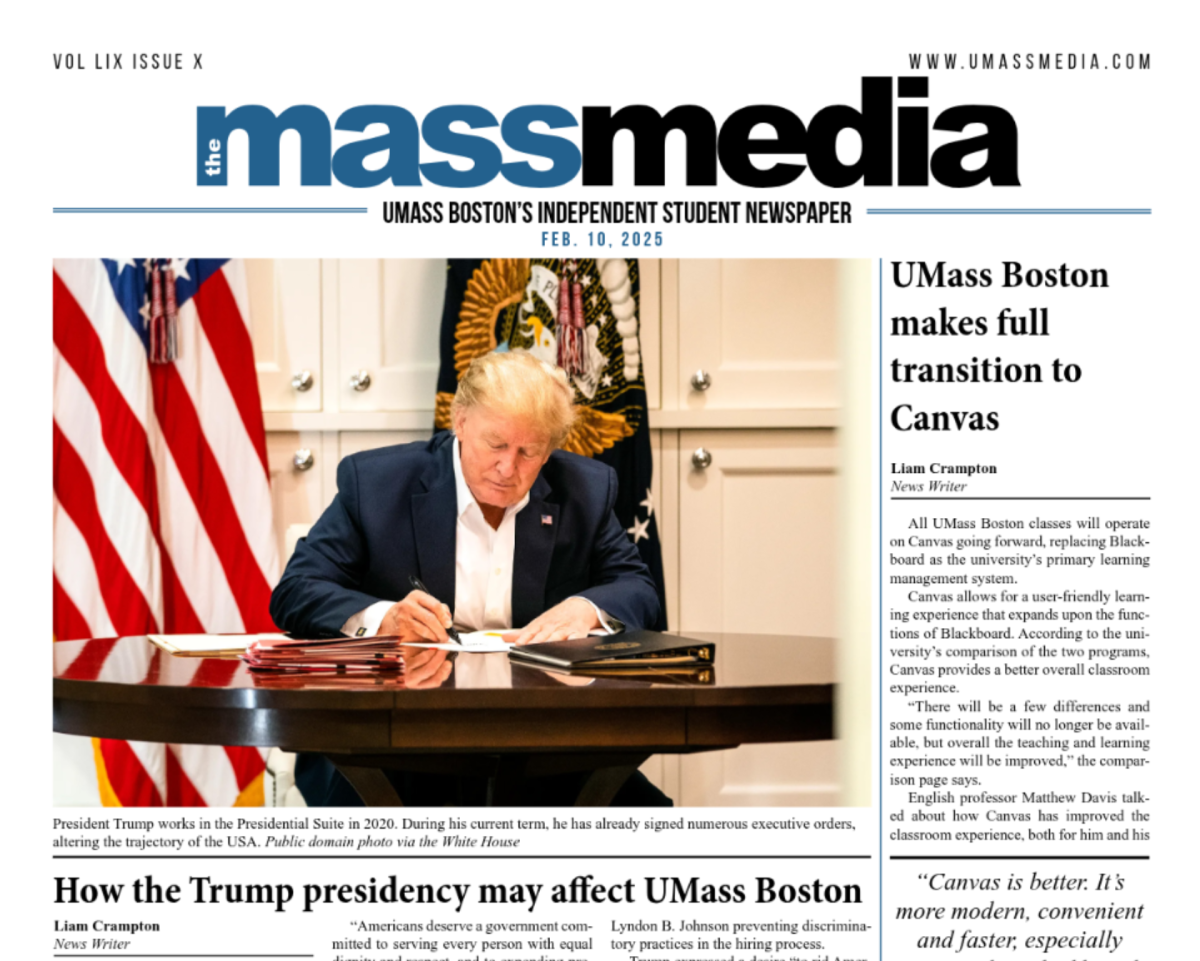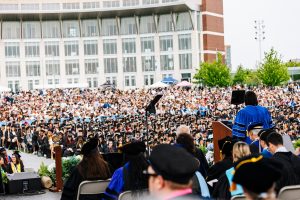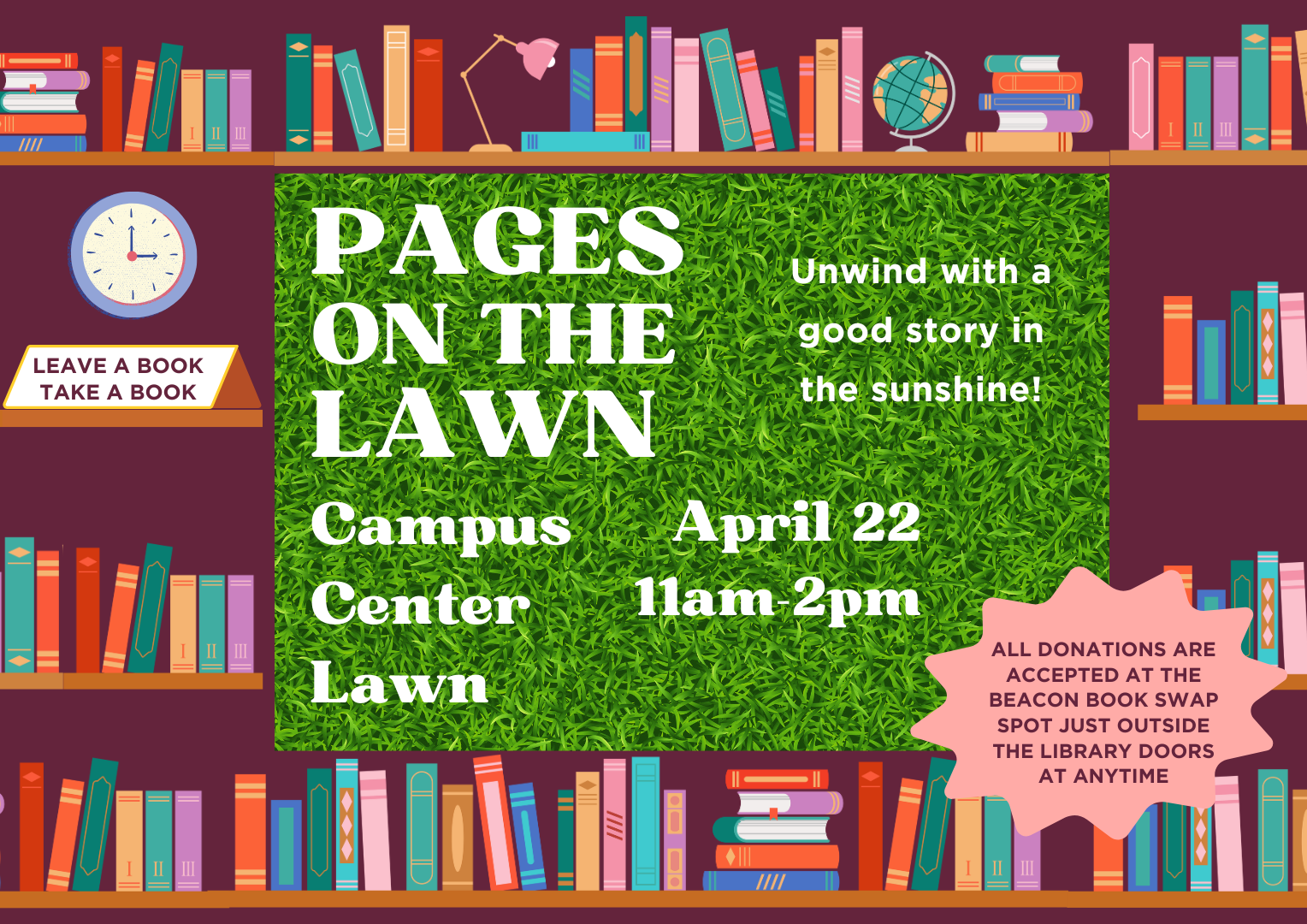To Play Or Not To Play
September 26, 2001
On the Lower Level of the Healey Library, there is a small cluster of offices that comprise WUMB, the on-campus radio station. Although physically located on campus, the station doesn’t have much of a presence at UMB. A large percentage of the students here don’t seem to know it exists. First initiated last semester, there has been a plan filtering through University channels to change that. If approved, this plan would involve the rewiring and replacement of audio equipment in the Wheatley and McCormack cafeterias and the installation of additional equipment to allow insertion of campus announcements between scheduled WUMB radio programming-which, along with regular WUMB programming, would be piped into both sites.
WUMB is a non-commercial radio station licensed to the University, which serves as the hub of a four station Public Radio network. They broadcast 24 hours a day to over 250 cities. The station has been broadcasting for almost 20 years, going on-air in 1982 with an all-volunteer announcing staff. By 1986, they had become a public affiliate of the Corporation for Public Broadcasting and had a professional staff. In addition to the Boston station, WUMB broadcasts from Worcester, Falmouth, and Orleans.
WUMB engineer Grady Moates and General Manager Pat Monteith attended student senate meetings this summer to explain their end of the proposal. They also discussed the history of the radio station and answered questions from students and senators. After a unanimous vote in favor of wiring the cafaterias, the senate submitted their proposal to the administration for approval.
“The student senate is a recommending body,” said Heather Dawood, president of the UMB Student Senate. “We hope to represent the student body as a whole as best as we can.” Dawood sees the widely varied programming schedule of WUMB as a metaphor for the on-campus experience here. “WUMB is most representative of our university because of the diversity in music that it represents and the diversity that our student body consists of.”
A chief concern surrounding the installation of the radio station broadcast into the Wheatley and McCormack cafeterias is the loss of those places as quiet study areas. Another issue raised by the proposal is the concern that WUMB has a broadcast program schedule that is not appealing to the student body. According to Dawood, a polling of UMB students will provide the on-campus organizations working toward this proposal with an “informed decision” about whether or not students would like to hear WUMB on campus.
In order to broadcast into the cafeterias, the project calls for two new amplifiers and wiring repairs in the cafeterias at a cost of $1,400. Another $3,050 dollars were requested for automated announcement insertion capability, which will allow campus announcements to be inserted into the programming. (It’s anticipated that the University’s telecommunications department will provide the installation of cross-campus wiring from the station to the cafeterias free of charge.) WUMB will donate 50 hours of engineering services by Moates to aid student announcement needs.
Also included in the proposal are “quiet zones,” areas in the cafeteria which would not have the radio station broadcast to them, to accommodate students who use the cafeterias as study areas.
The issue that seems to permeate this proposal is not necessarily whether or not the students want music in general, but rather whether or not they want the music that WUMB plays. The station has a regular weekly program schedule covering all sub-genres of folk music, including a program called “Urban Folk” featuring blues, gospel, and world music. In addition they have educational programming and often have musicians perform and discuss their music in the WUMB studios.
WUMB had tables set up around the campus for the first few days of this semester, promoting their annual folk festival and their hands-on learning programs.
“We want to know what students want to hear and what other radio stations they listen to so that we can accommodate the students,” said Marilyn Girdvainis, an intern at the station.
Joyce Morgan, head of Student Life sees the poll as a “great way to be sure that this is what the students want before spending all this money.” The funds will be taken from the Student Activities Trust Fund. “We don’t know if the students want music at all and we want to find out what the students want before going ahead,” said Morgan.
The senate was awaiting the start of the fall semester to begin the process of finding out student opinion about the plan. The survey will include information about the project, including facts about the radio station, and information about the technical aspects of the proposal. Information about possible opportunities for students – -beyond the current programing offered by WUMB-will also be provided.
The Student Senate has worked out a plan with Sodexho (food services) to administer the student survey. The tentative plan is to set up survey tables in McCormack and Wheatley cafeterias and at Wit’s End, although they are still awaiting final confirmation from Wit’s End Café. The cafeterias will offer 50 cents credit for each survey returned. The surveys are expected to be available in early October.




